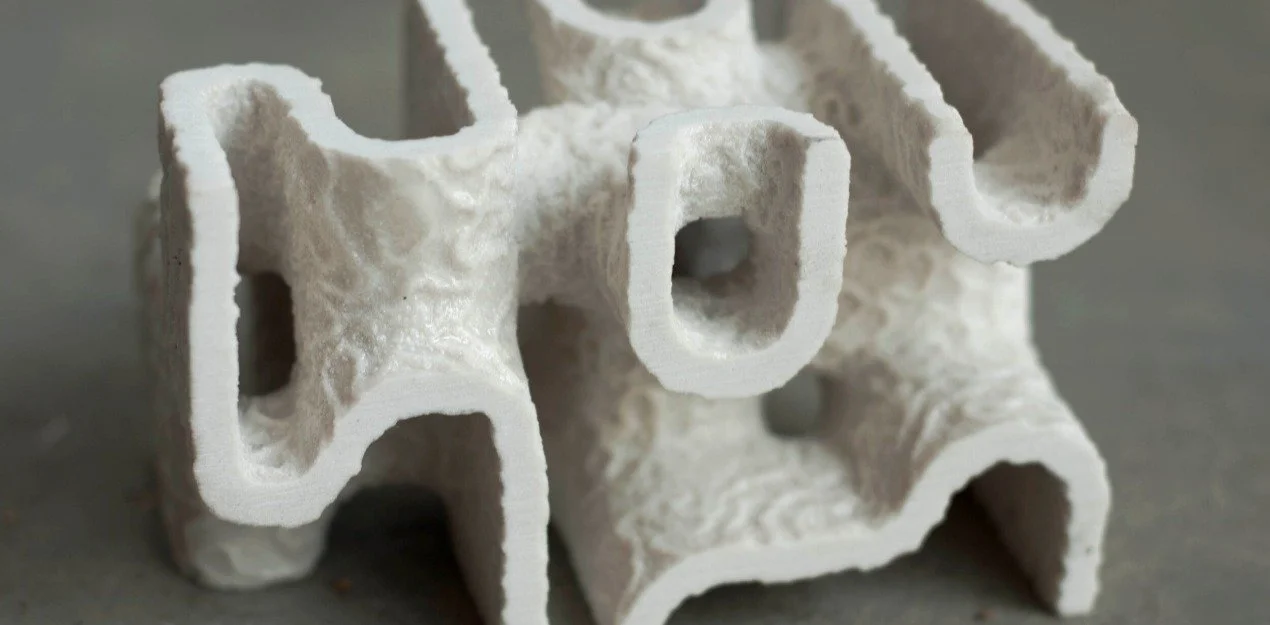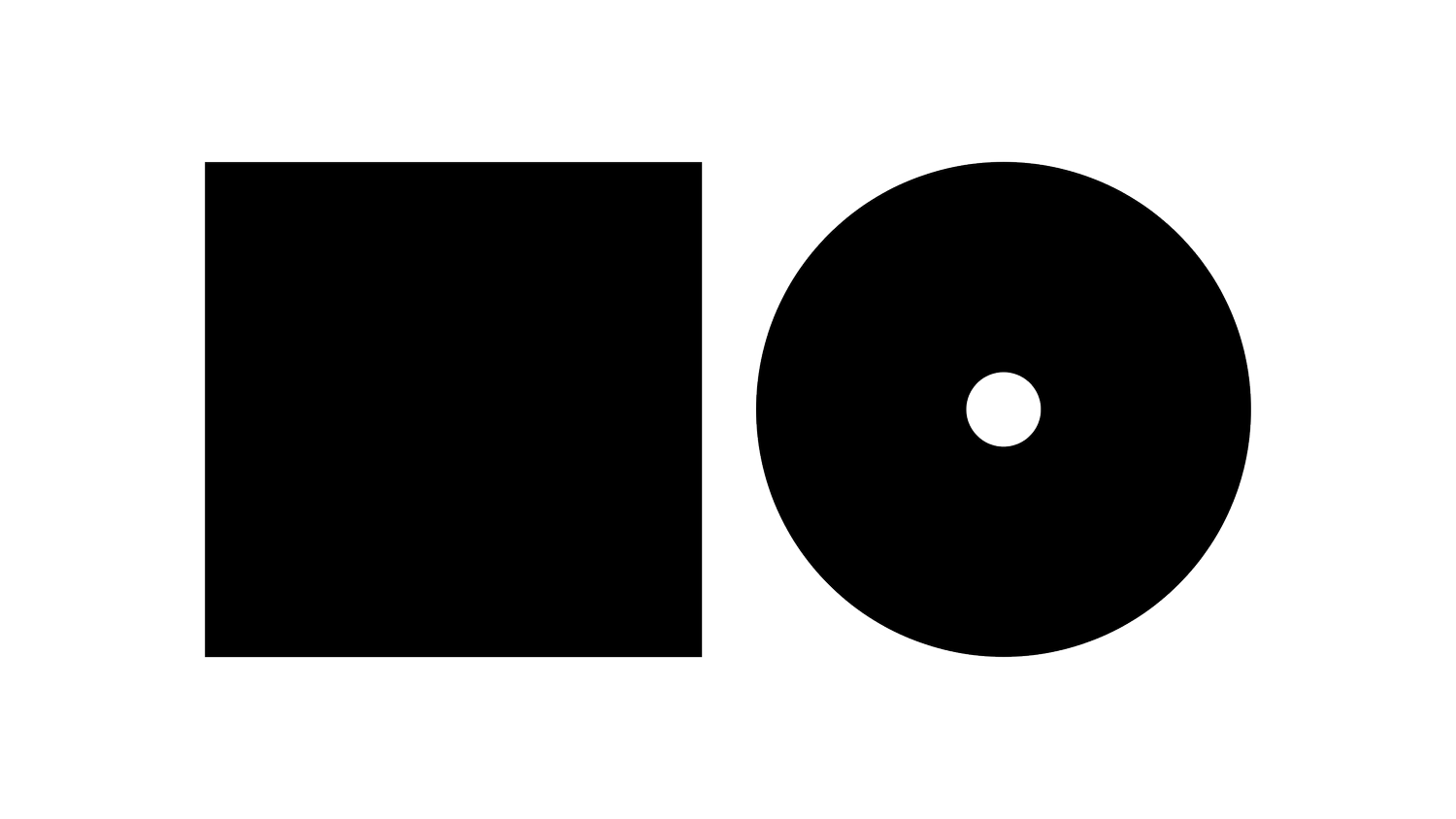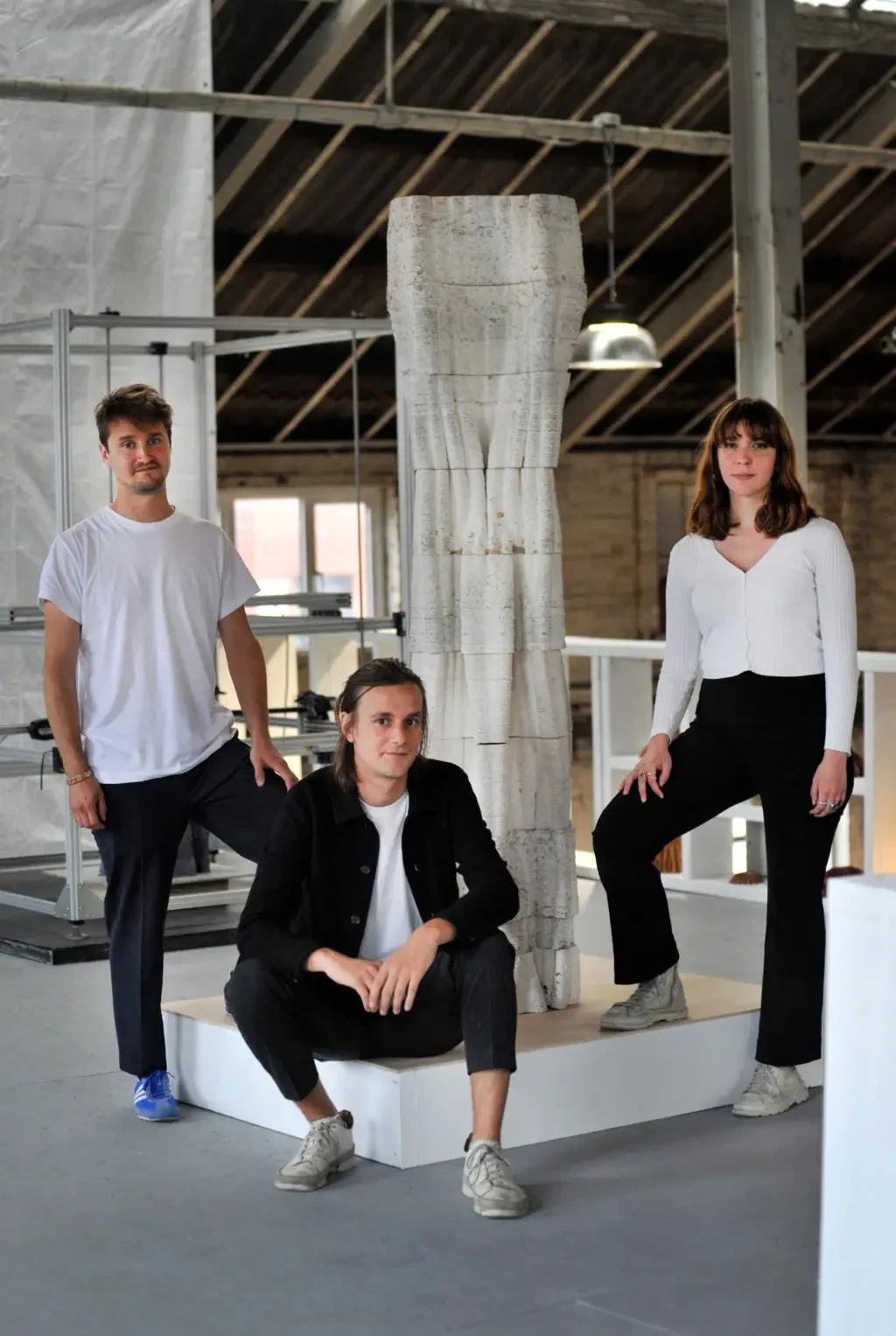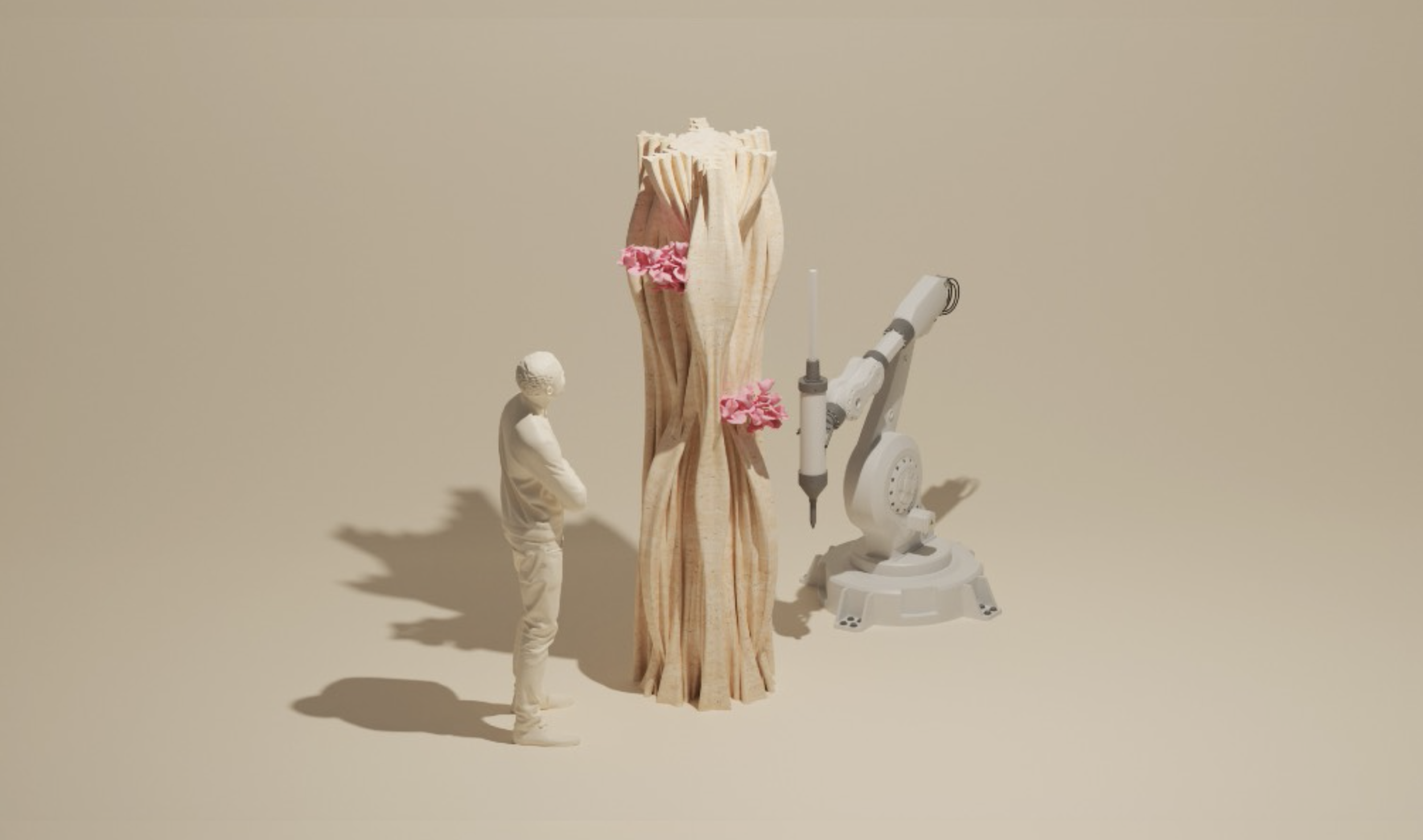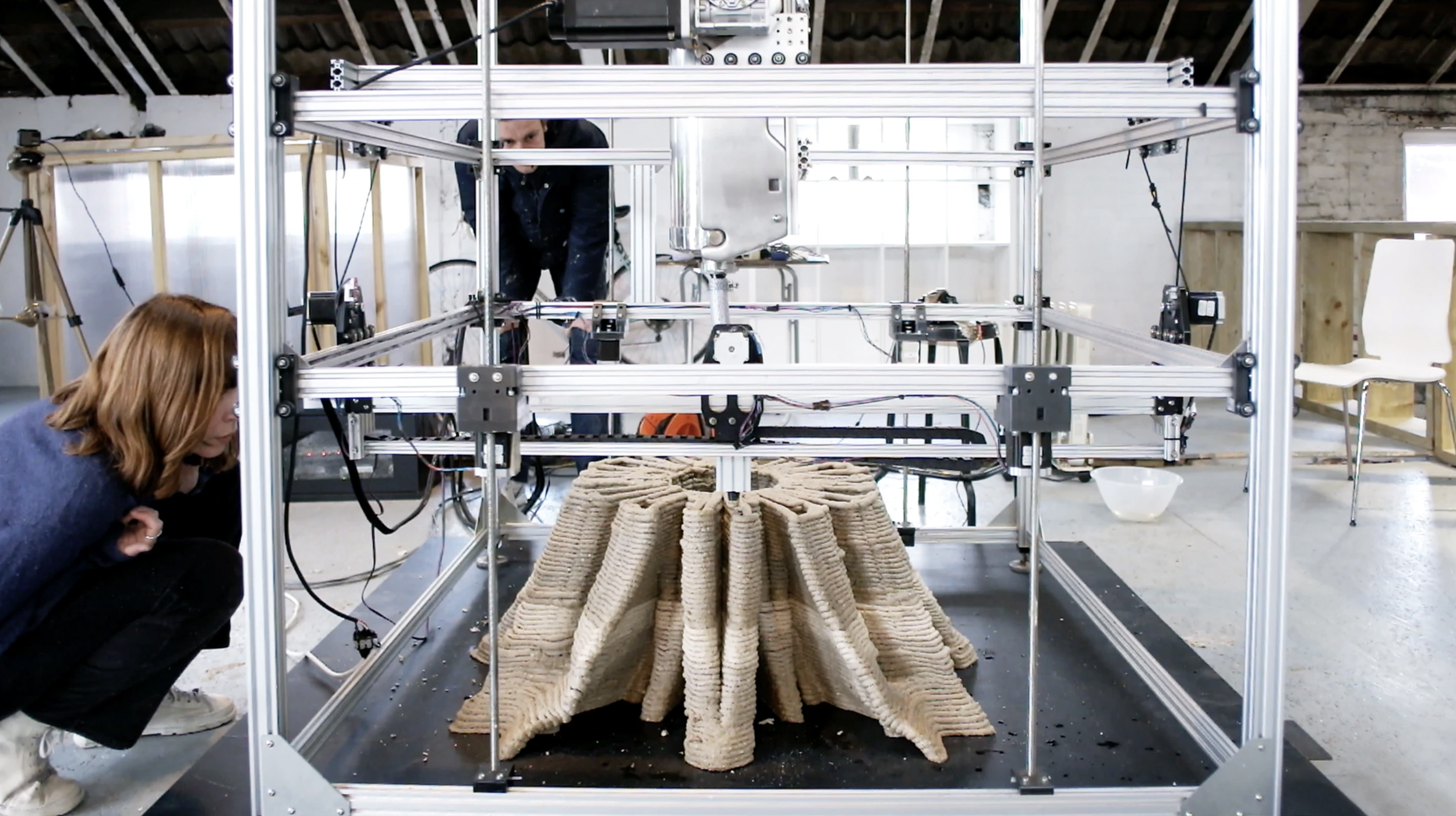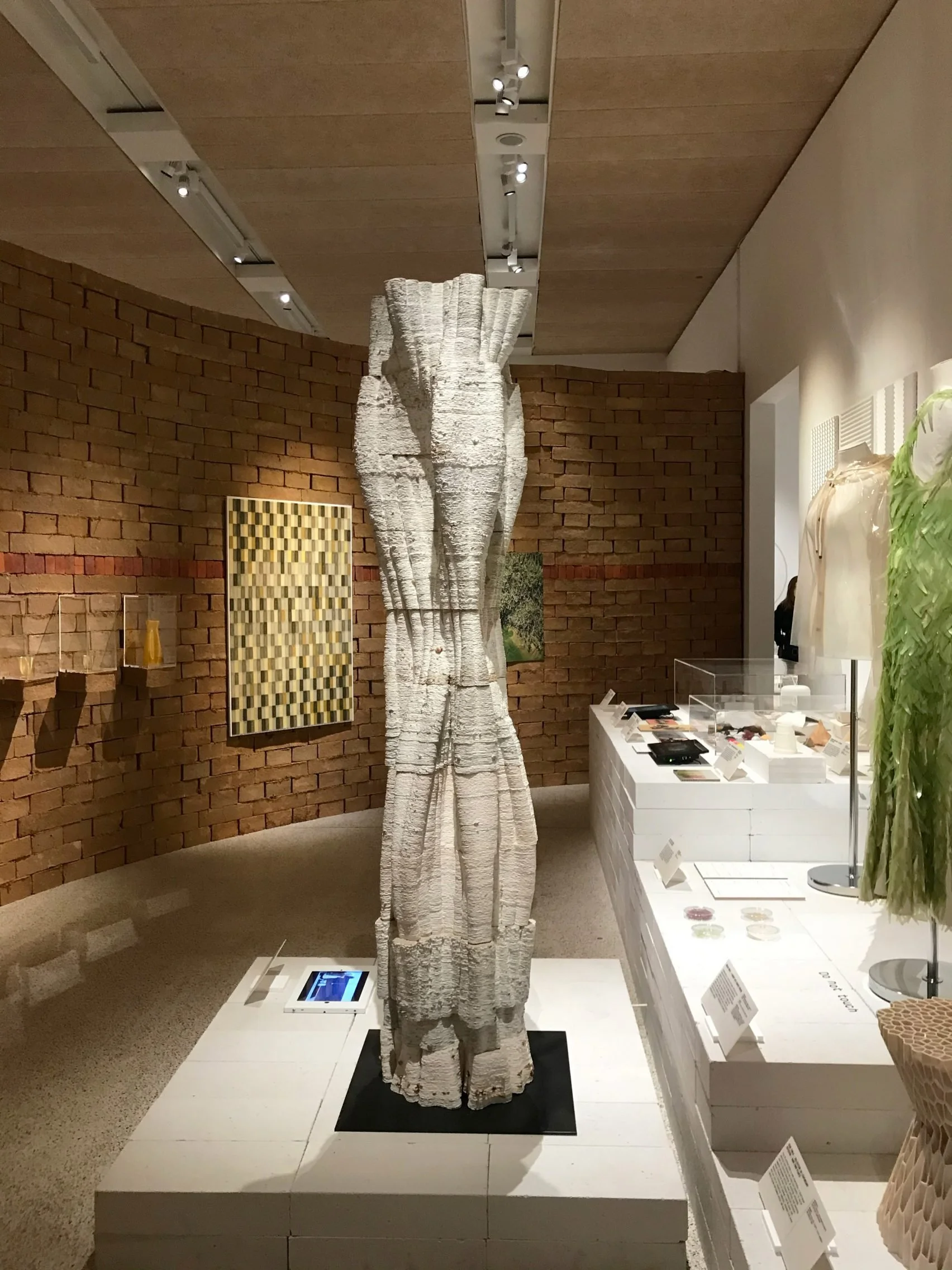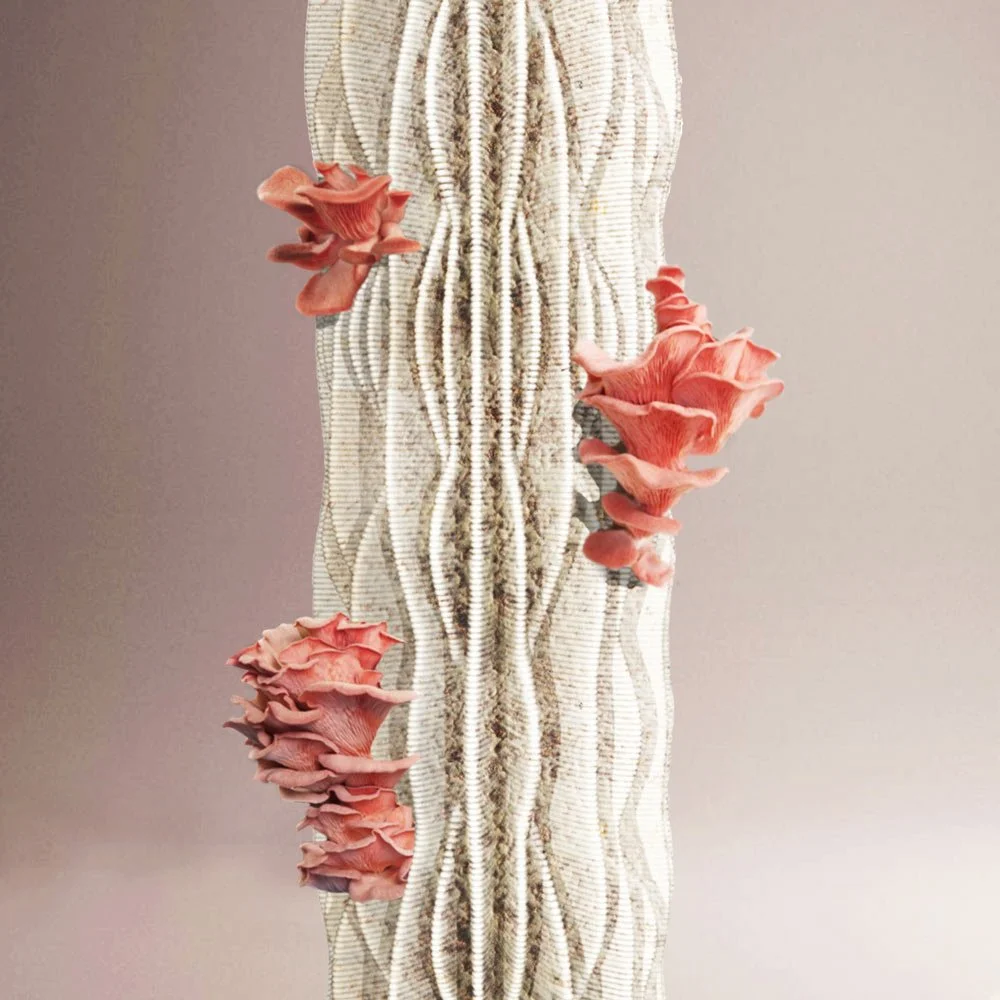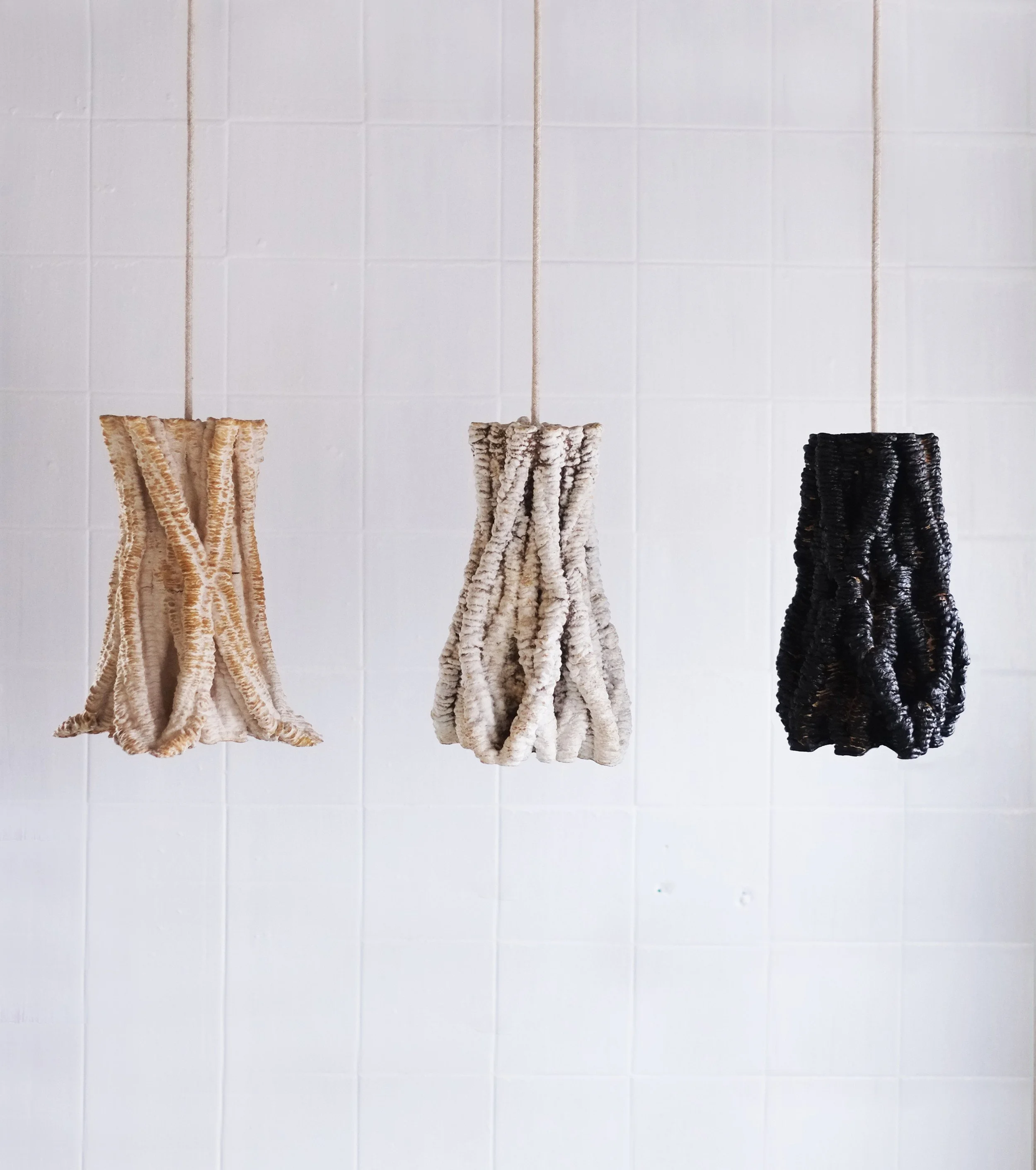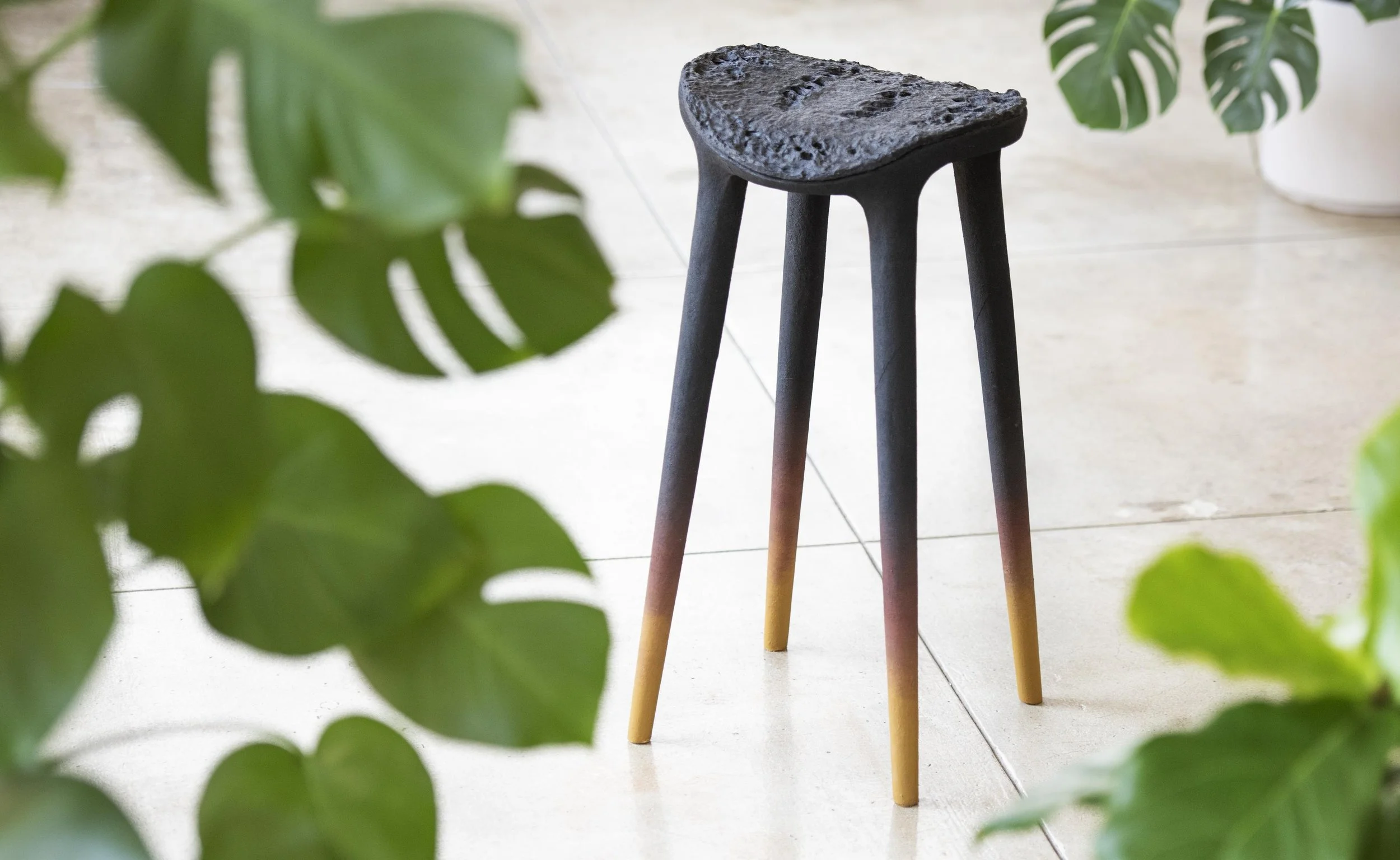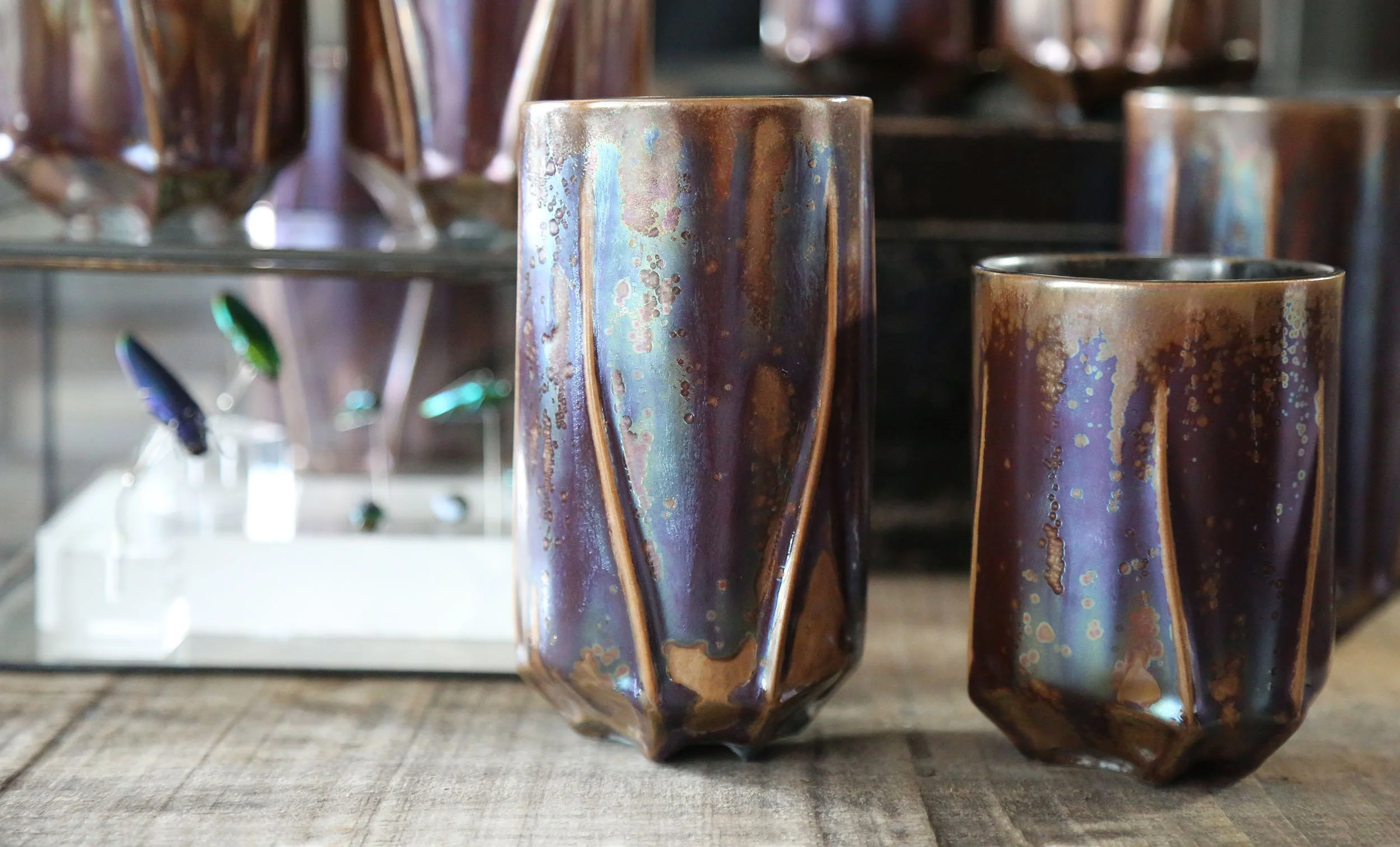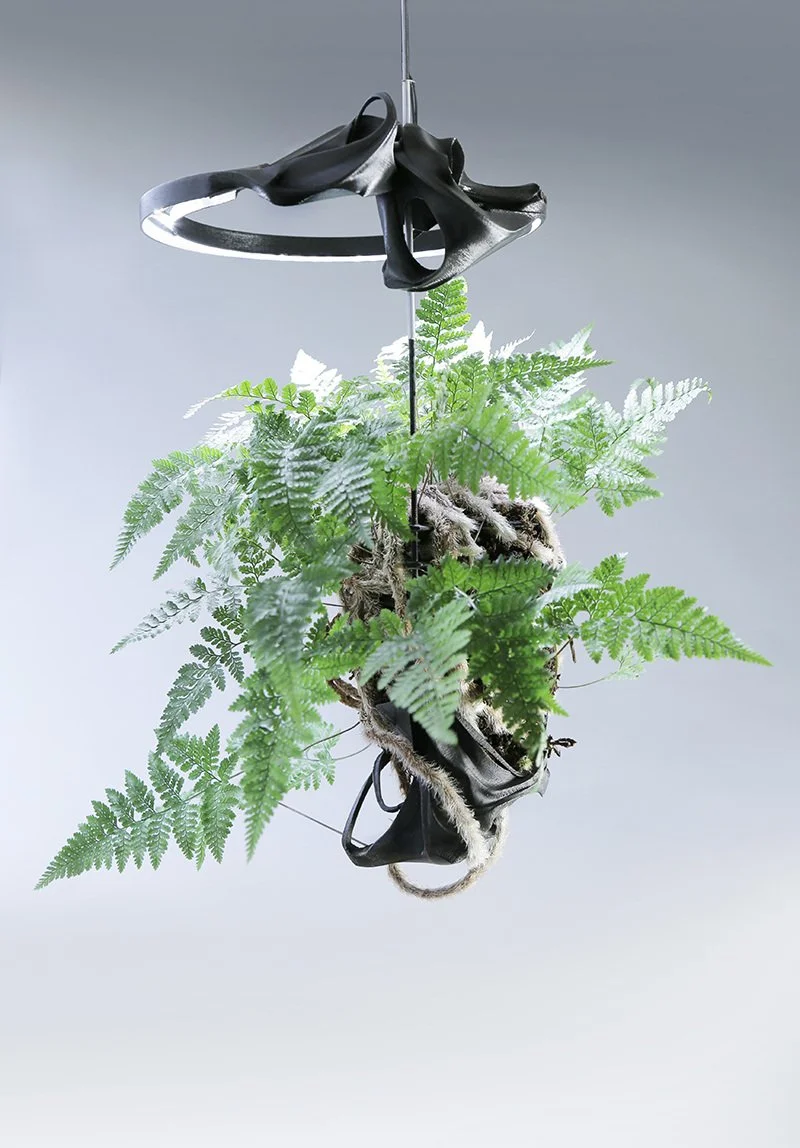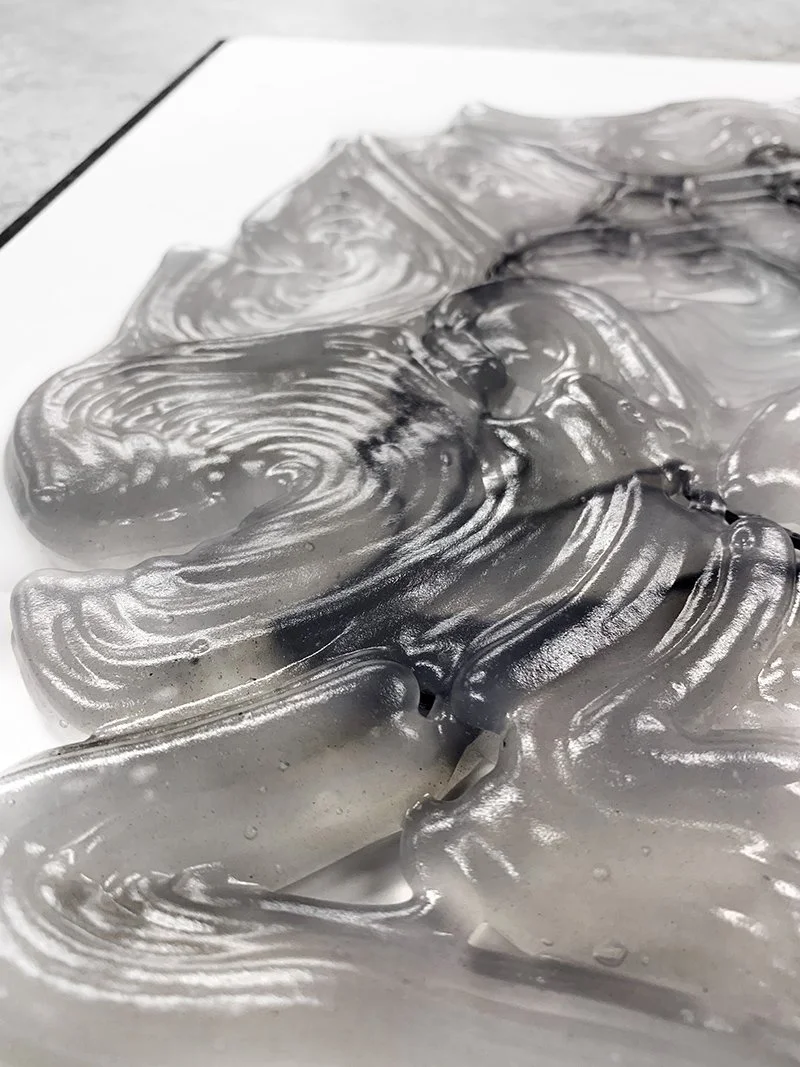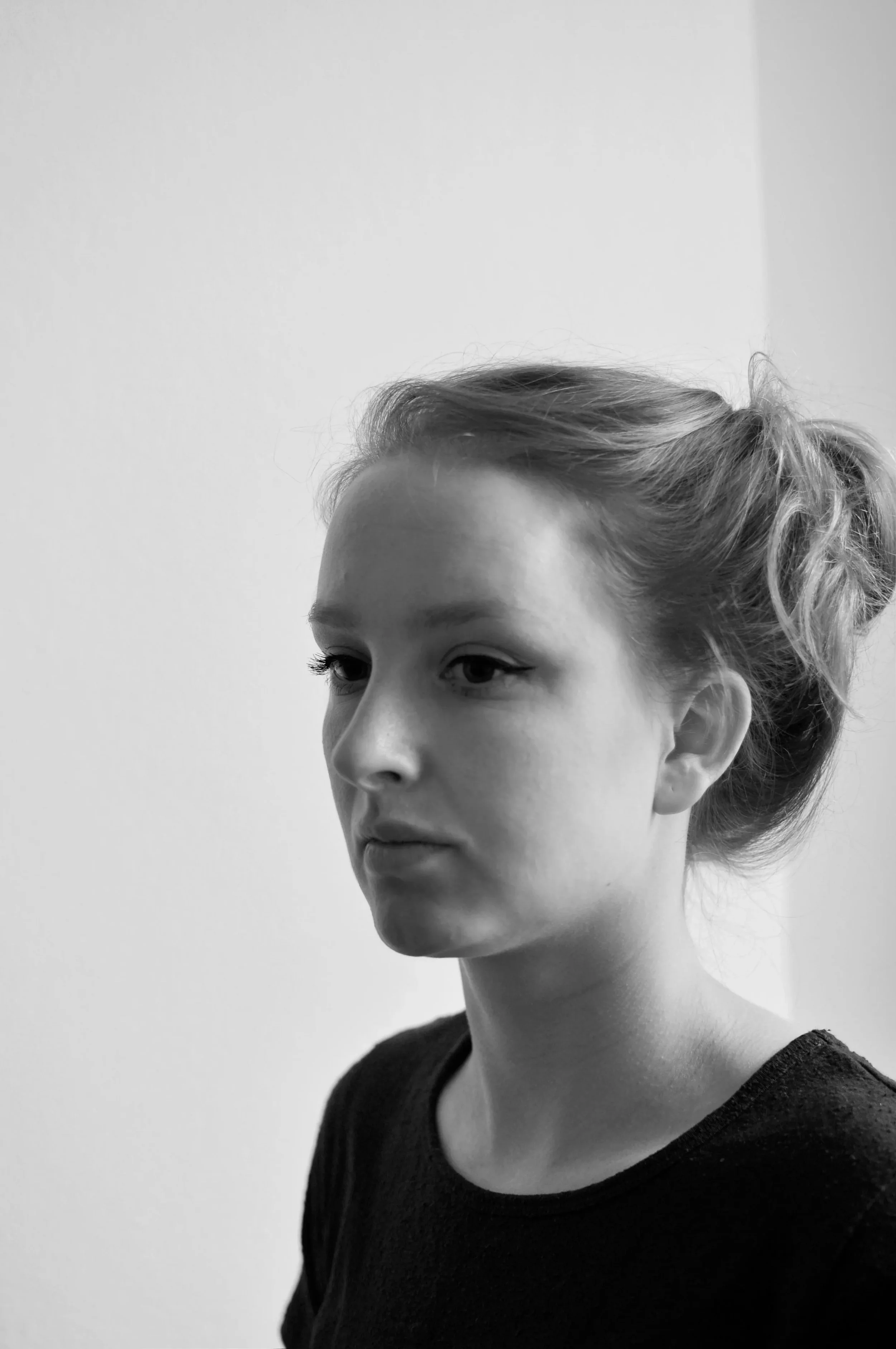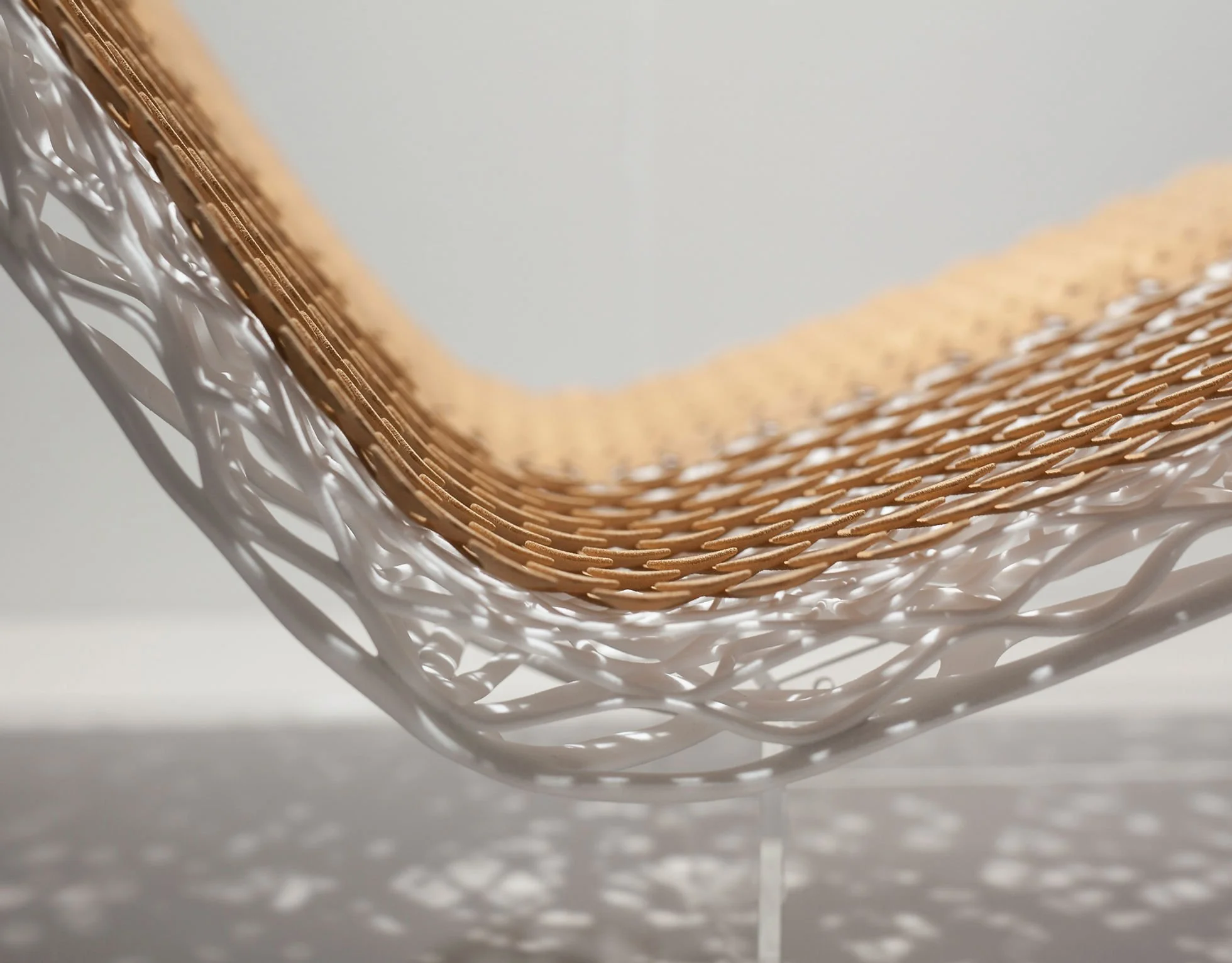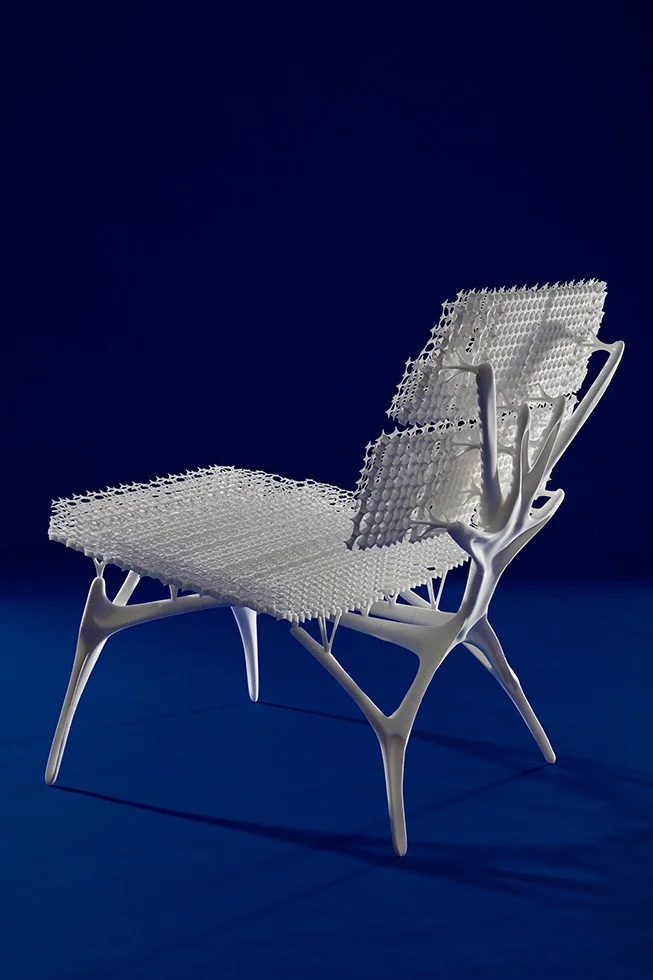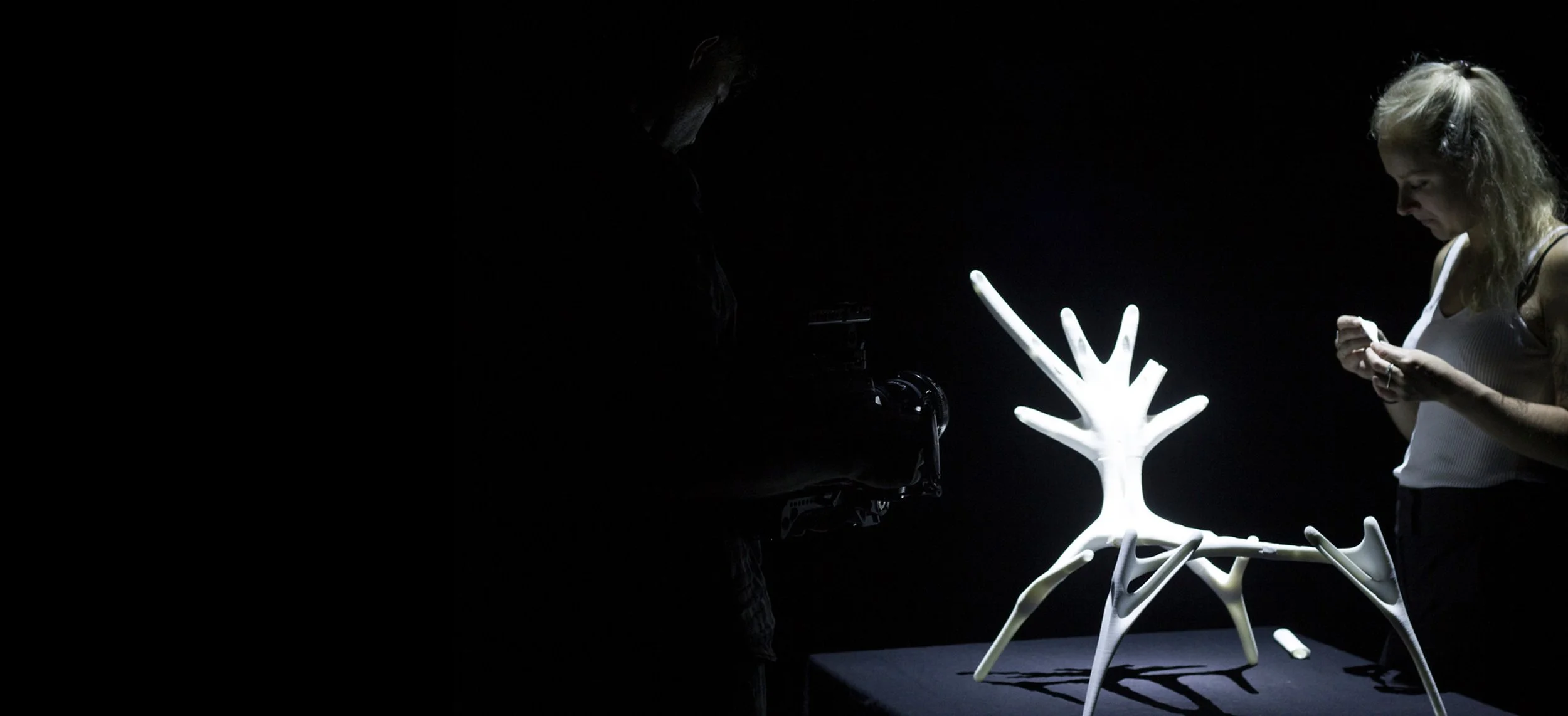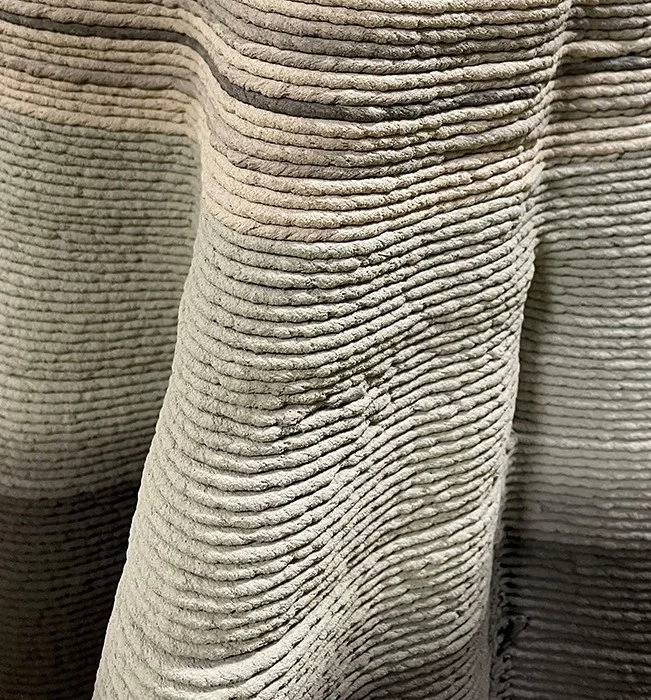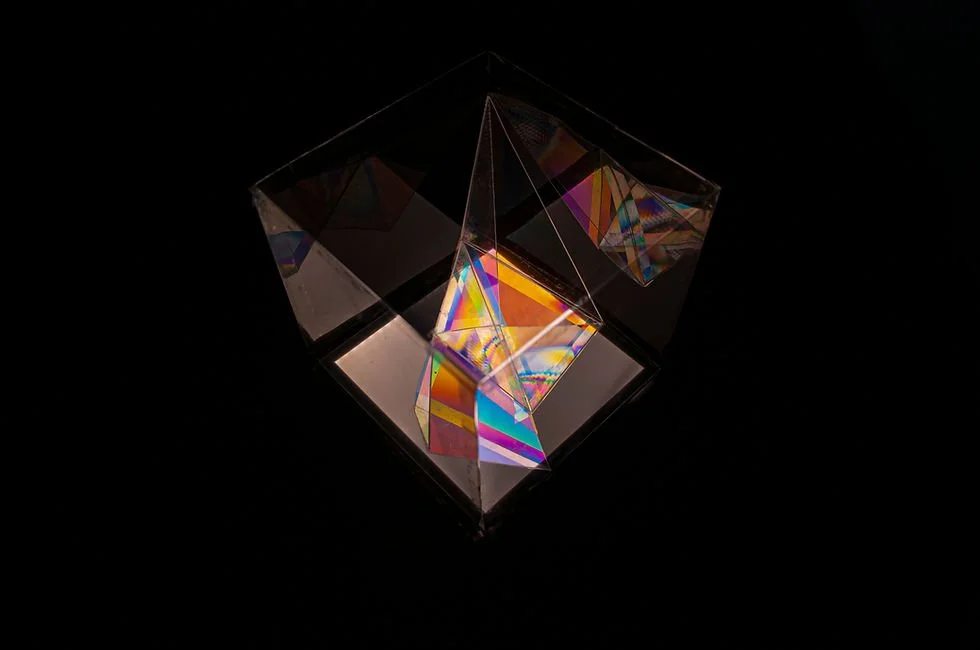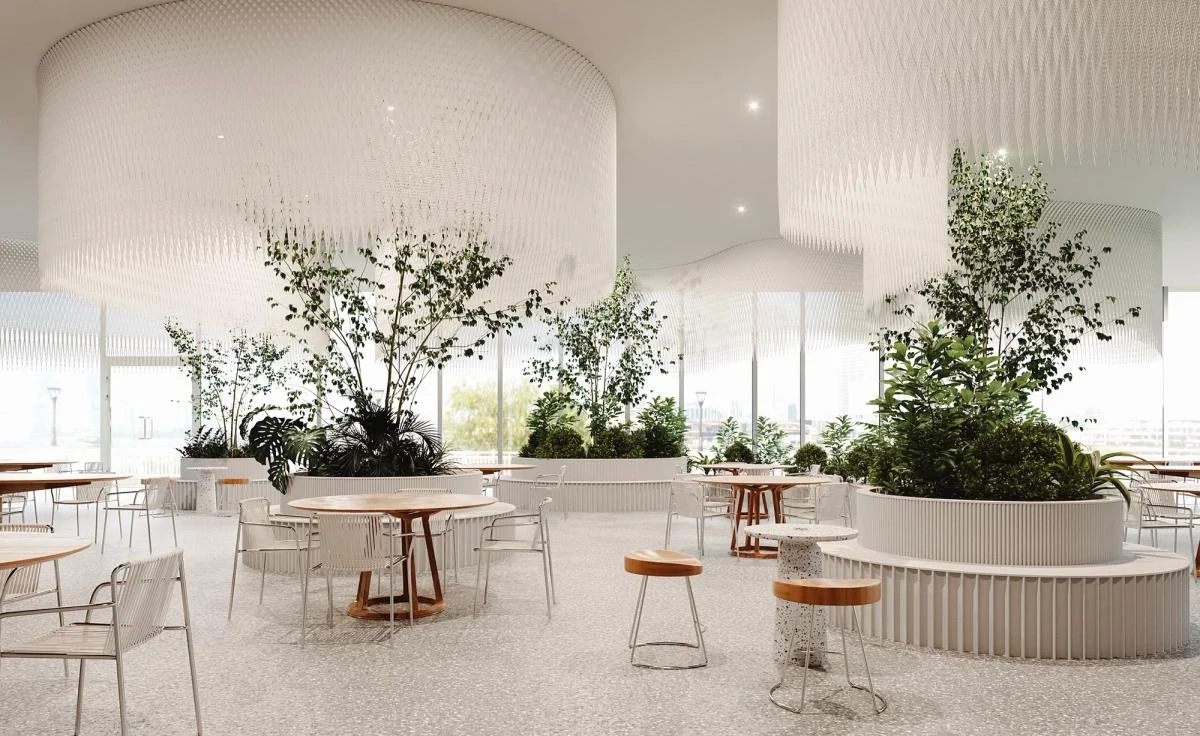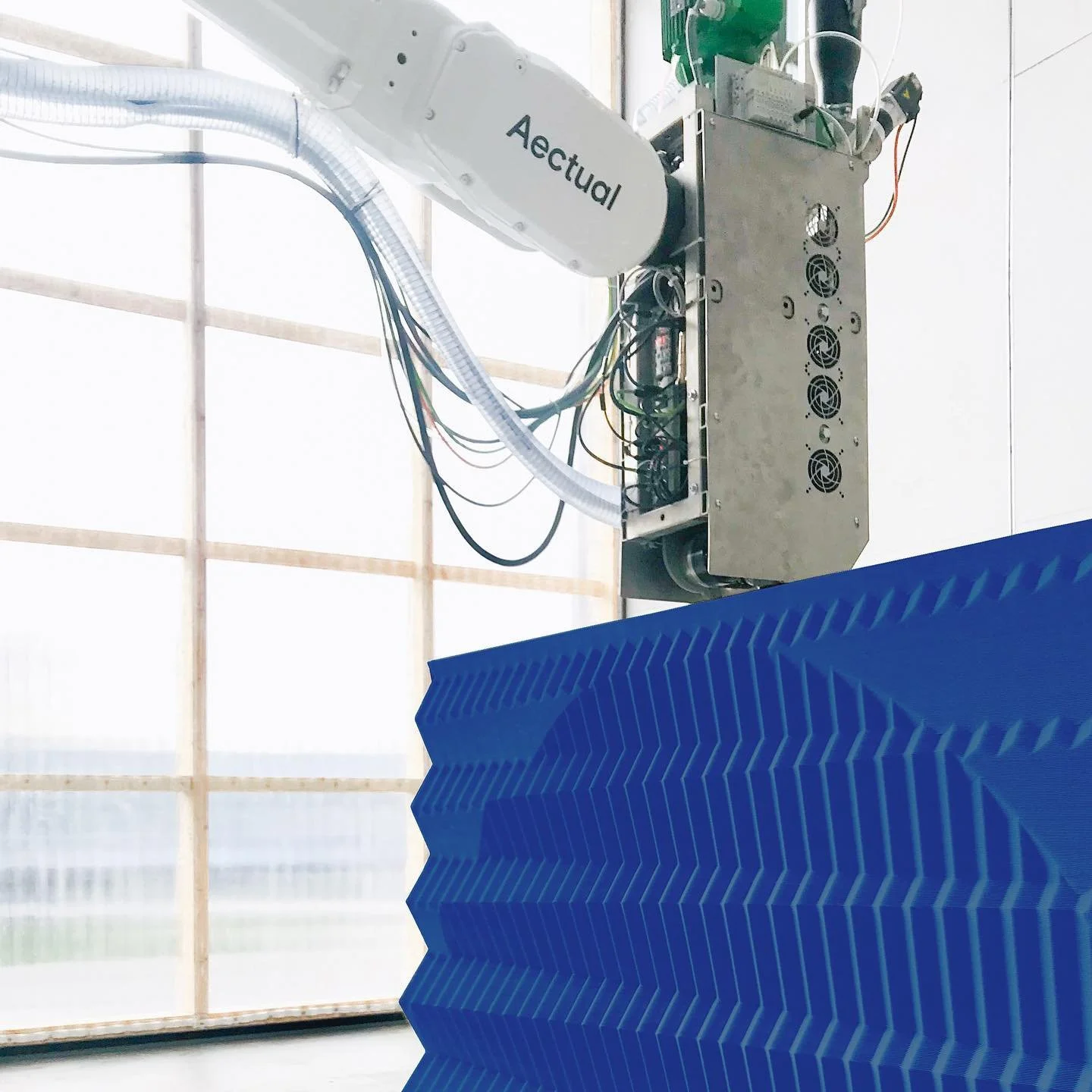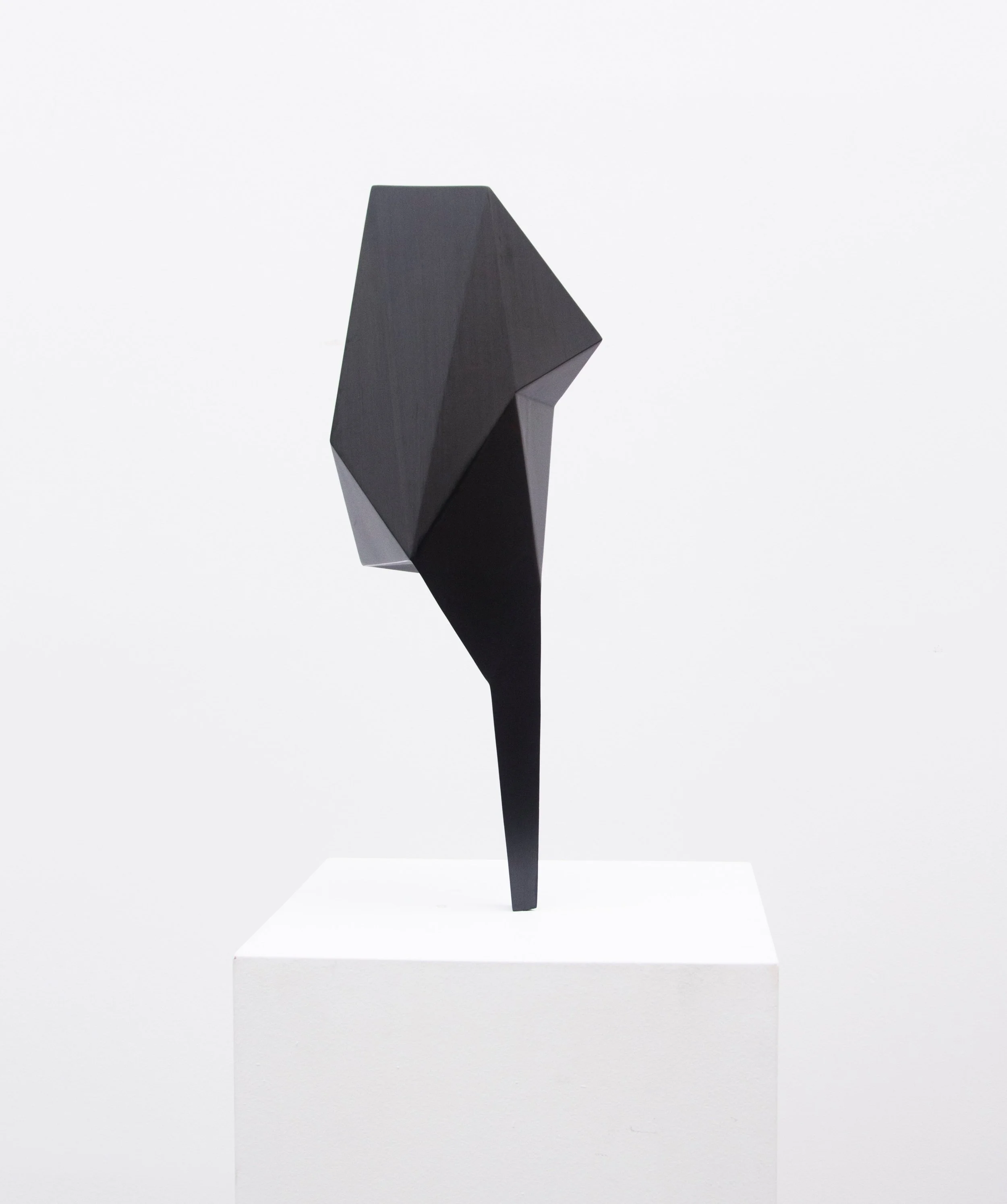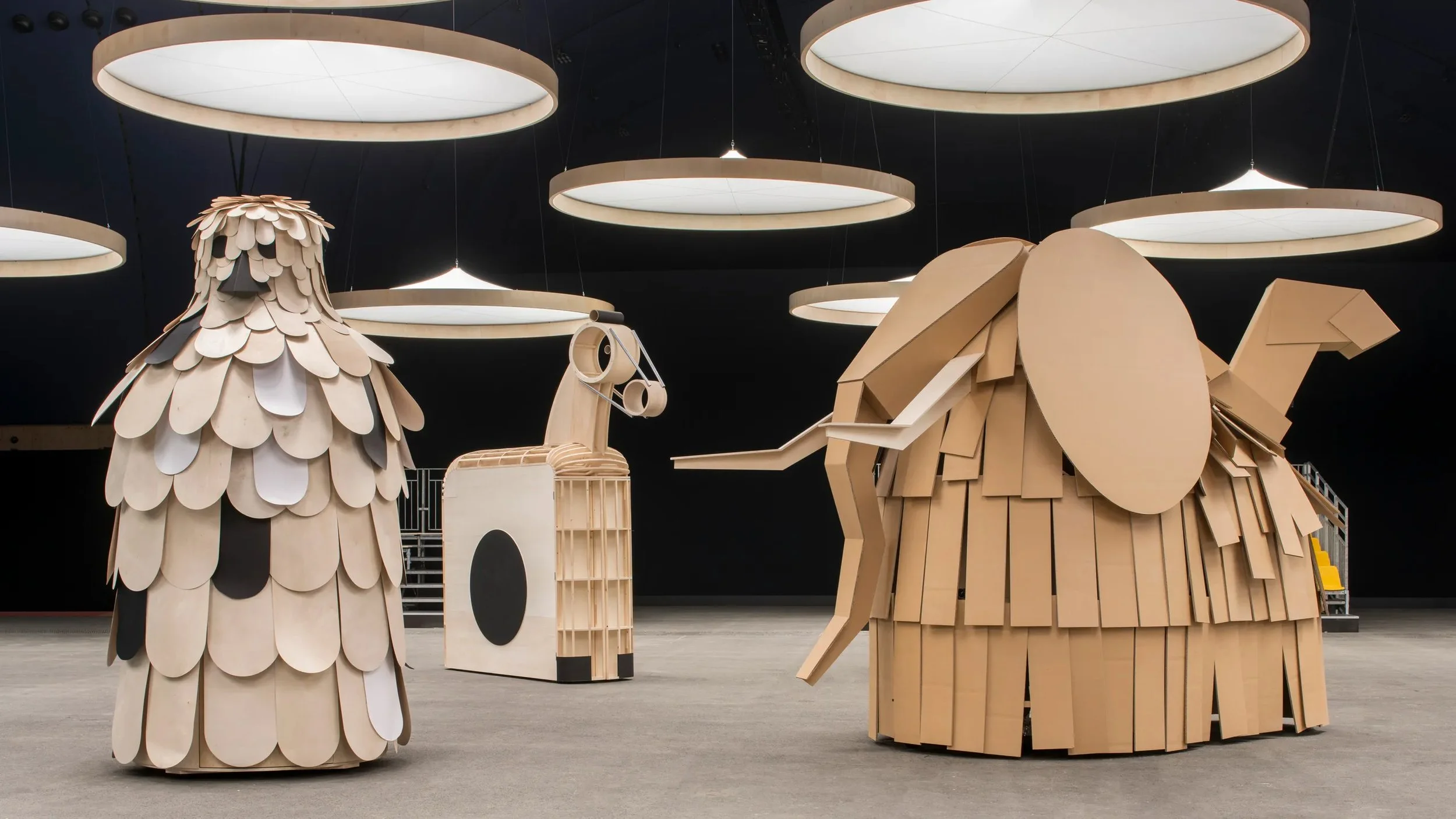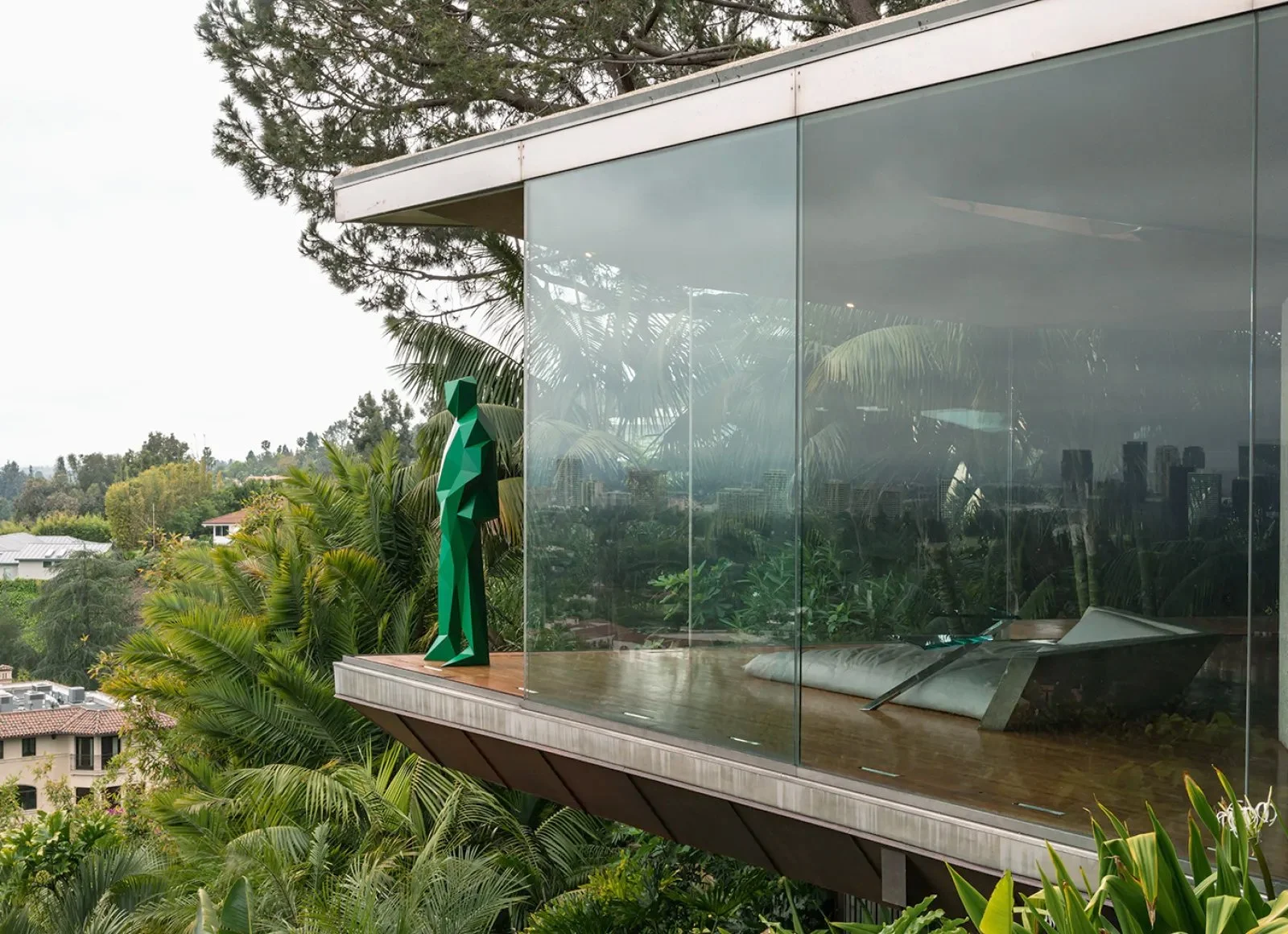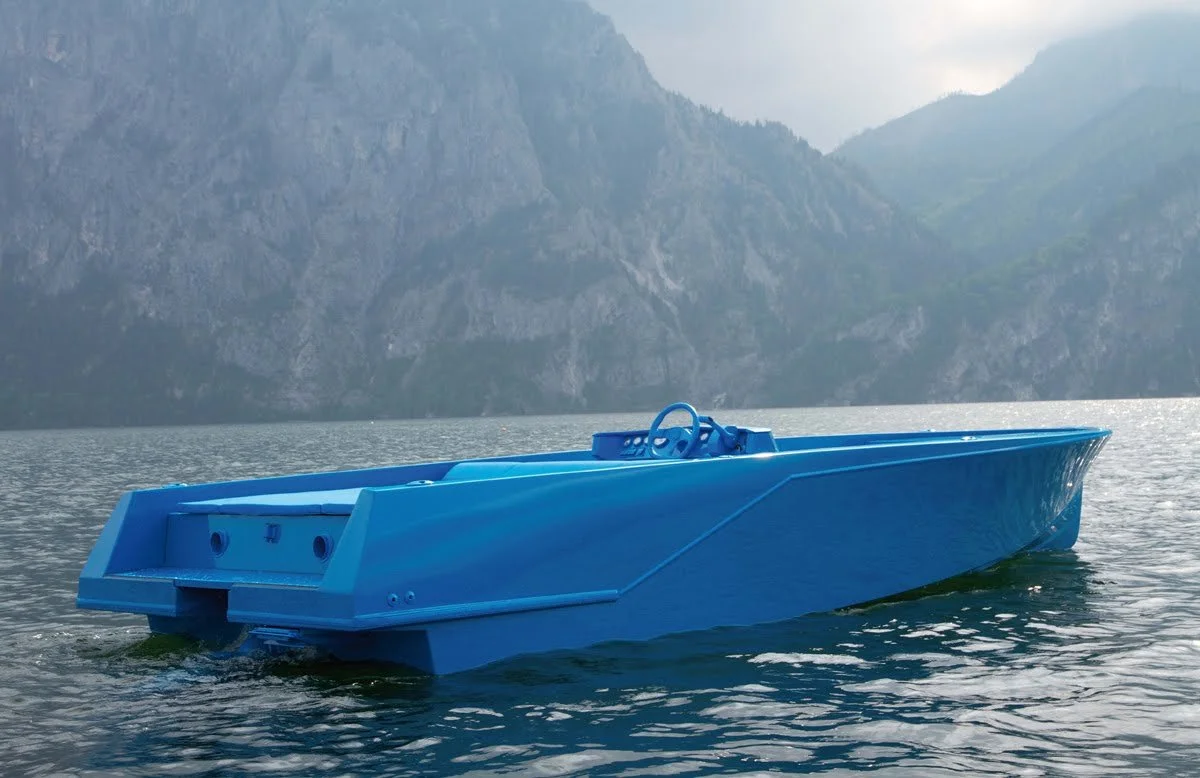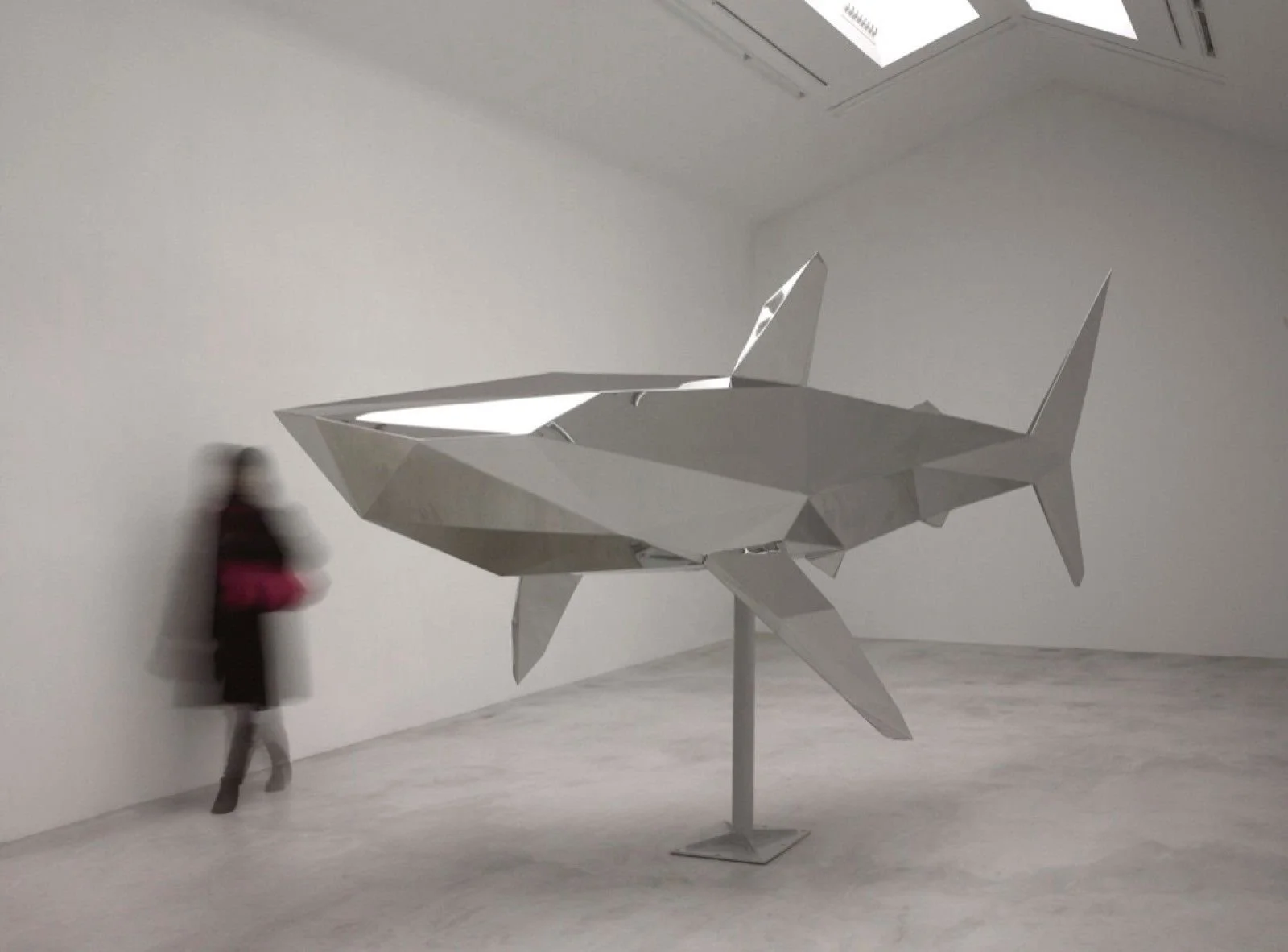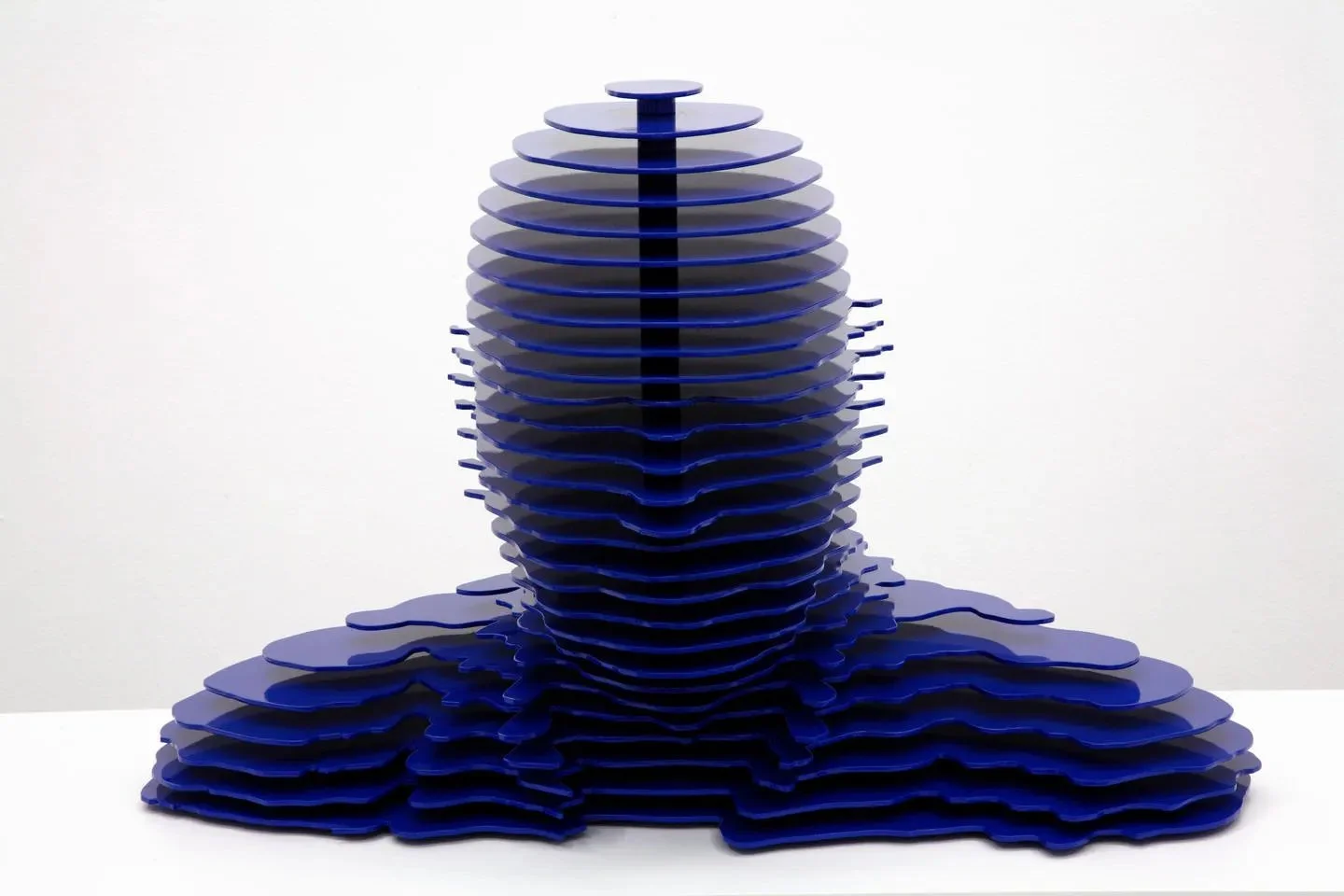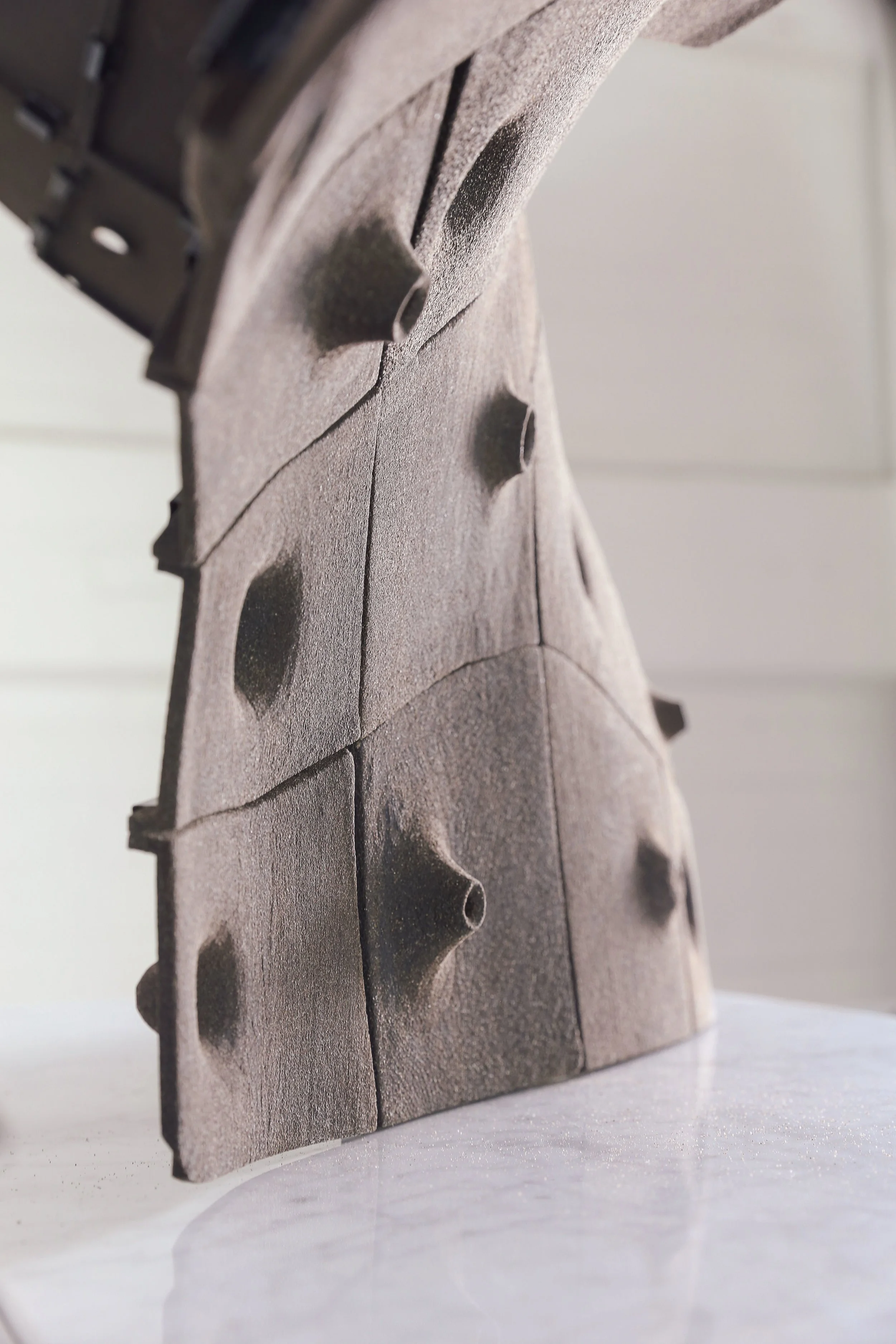 Image 1 of 9
Image 1 of 9

 Image 2 of 9
Image 2 of 9

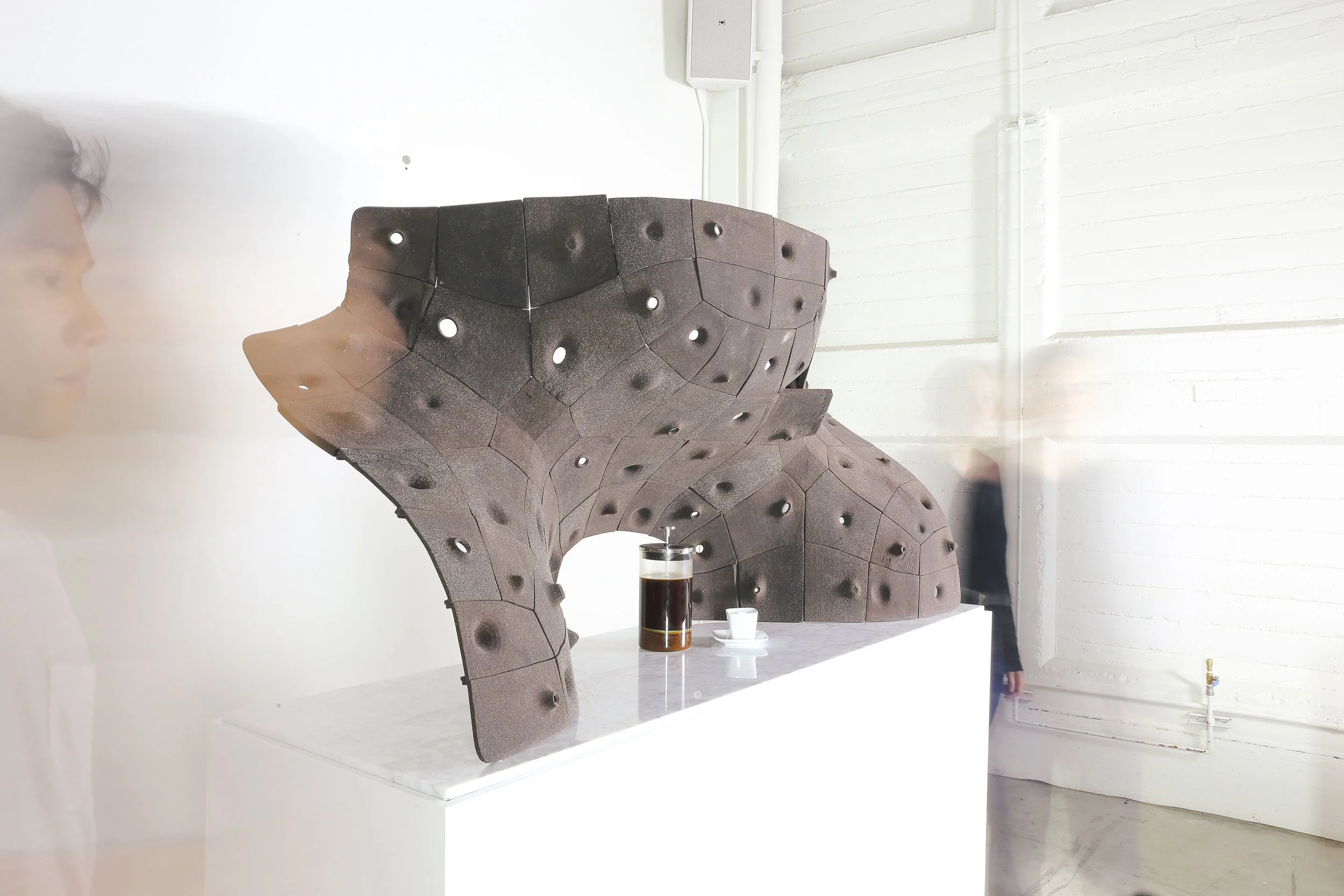 Image 3 of 9
Image 3 of 9

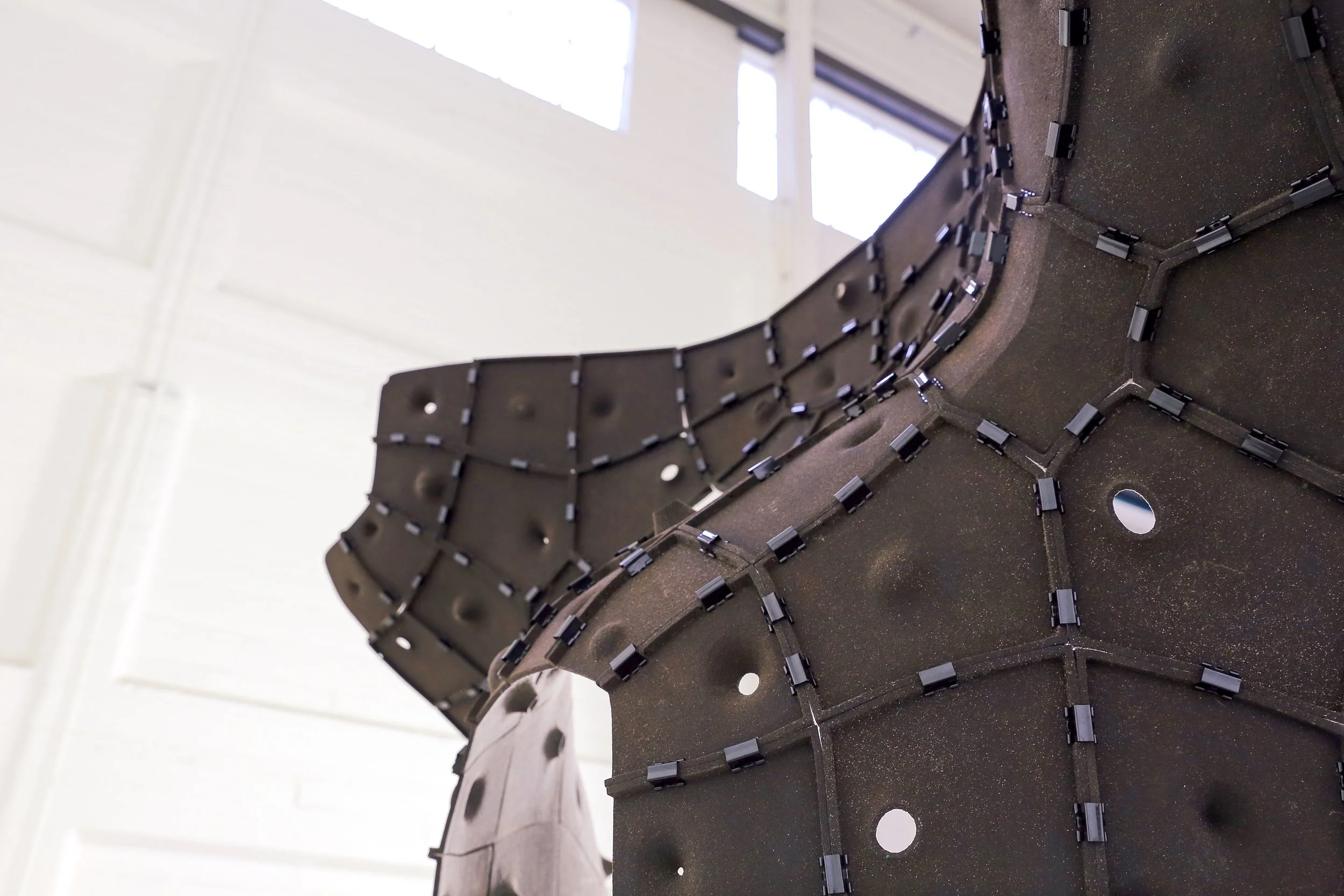 Image 4 of 9
Image 4 of 9

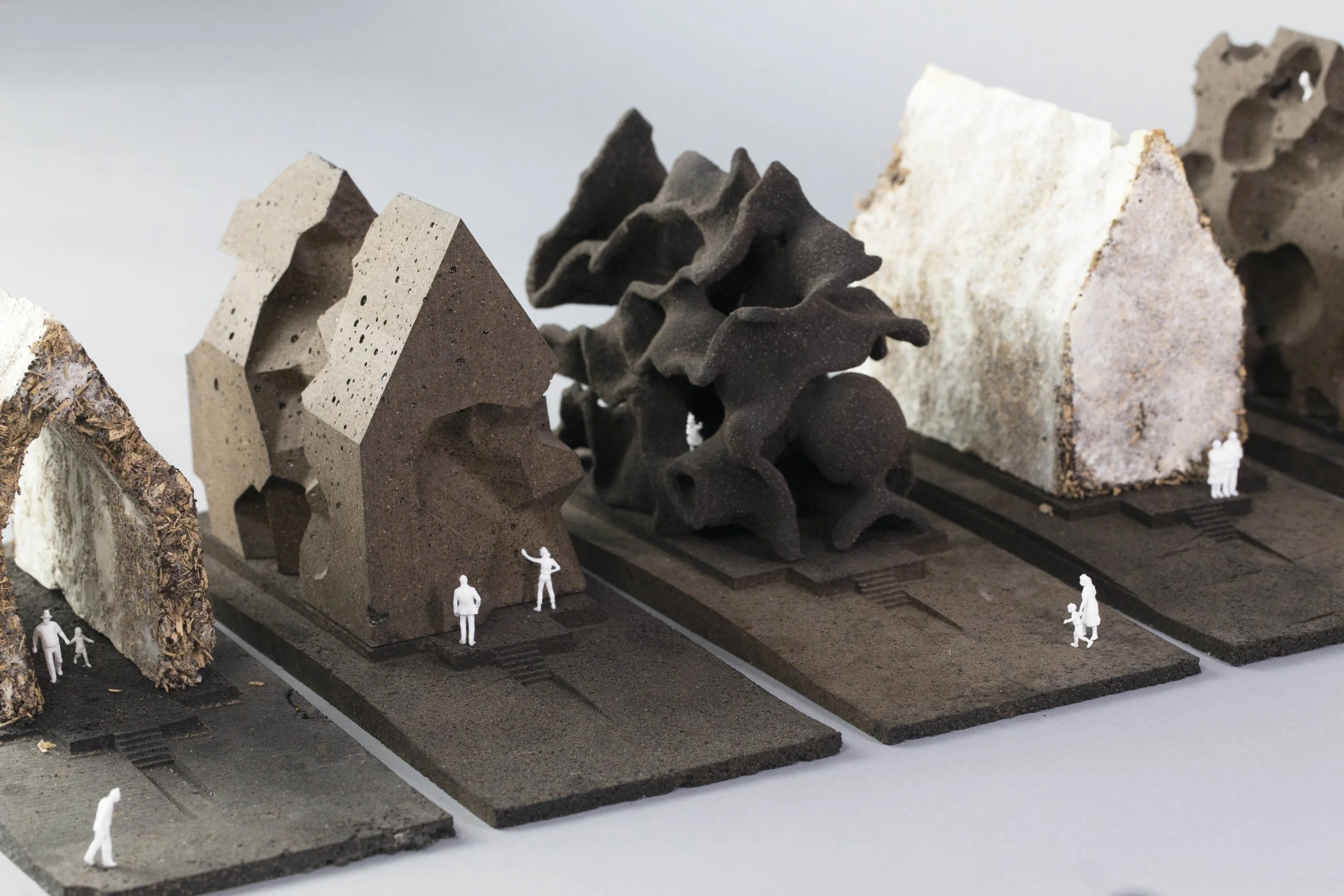 Image 5 of 9
Image 5 of 9

 Image 6 of 9
Image 6 of 9

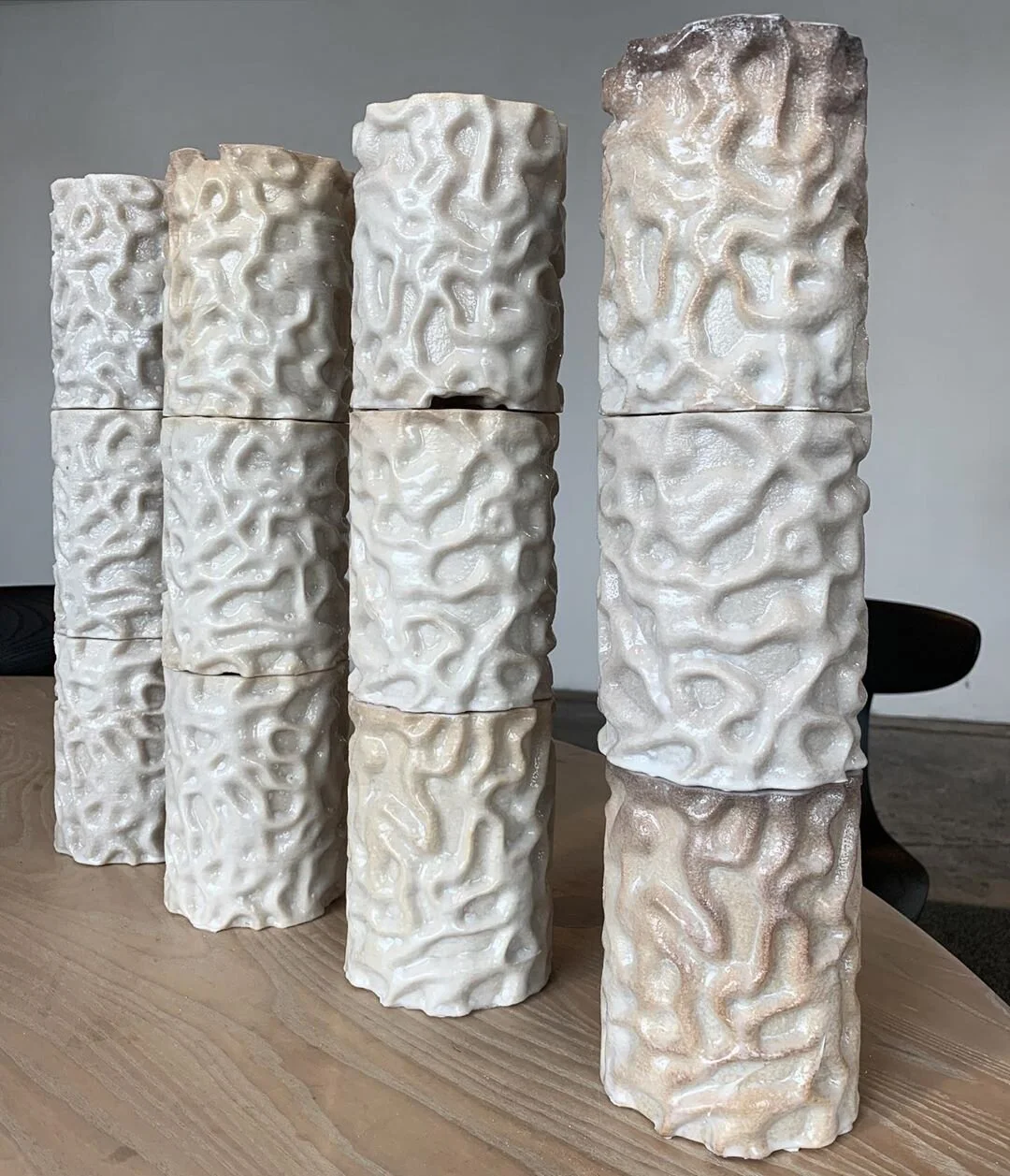 Image 7 of 9
Image 7 of 9

 Image 8 of 9
Image 8 of 9

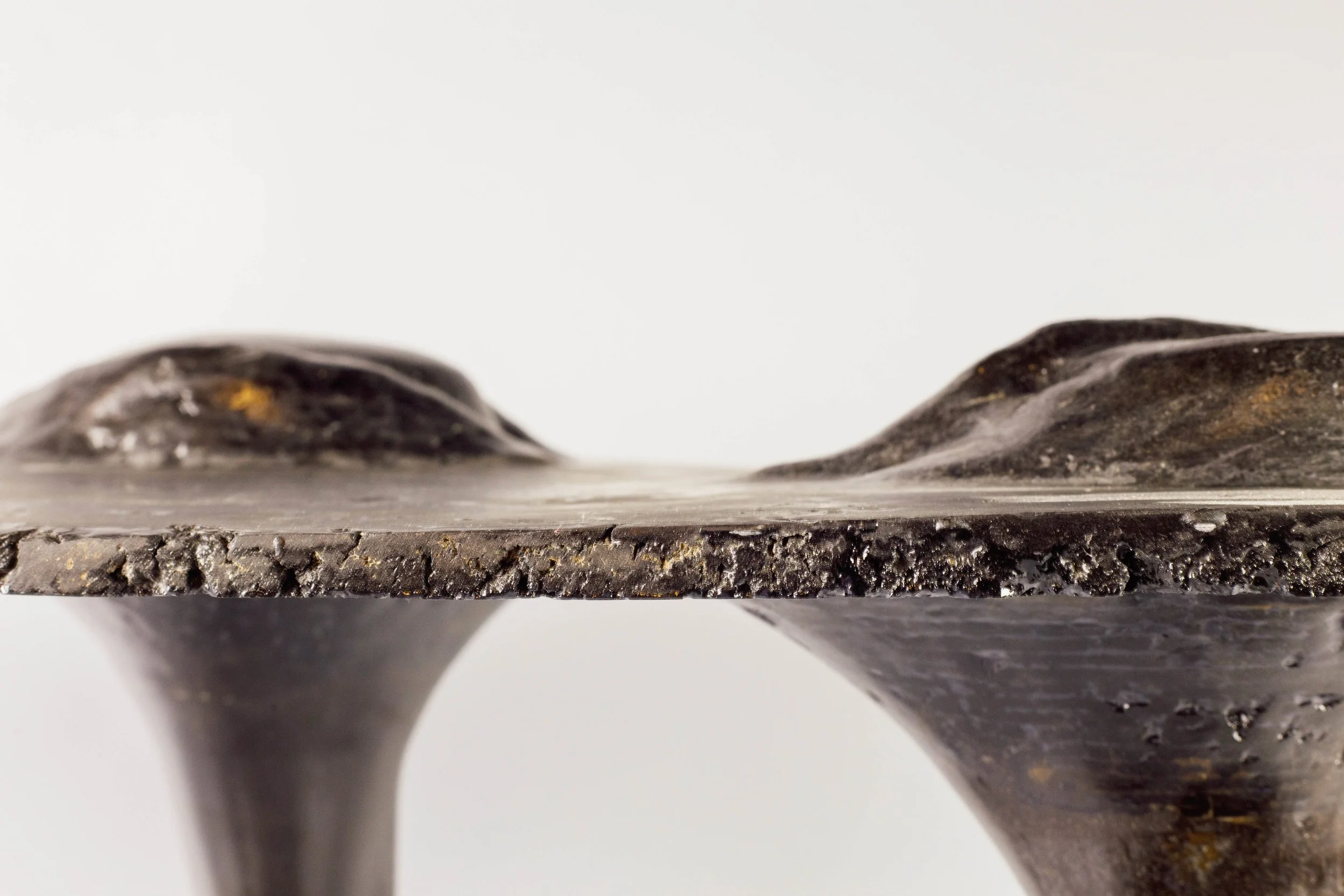 Image 9 of 9
Image 9 of 9










Alex Schofield focuses on emerging technologies and material research
Alex Schofield is an Oakland-based designer and founder of Objects and Ideograms (O+I), a design workshop established with the mission to explore innovative and sustainable design solutions through material research and emerging technologies. O+I's current approach focuses on integrating circular economy principles into their design processes, creating products and architectural elements that promote environmental awareness and sustainable practices. Core values include sustainability, innovation, and interdisciplinary collaboration, with a purpose to redefine the relationship between design, materials, and the environment.
Location
Headquarters: Oakland, California, USA.
Primary manufacturing/operations locations: Various locations based on project requirements and collaborations.
The Circular Vision
Core circular economy principles: Designing out waste, using recycled and sustainable materials, and creating products that promote environmental awareness and sustainable practices.
Key innovations: Development of 3D printed Calcium Carbonate modules for marine ecology, exploration of coffee grounds as a building material, and various projects that showcase the potential of sustainable materials in design and architecture.
Prioritization of local sourcing and closed-loop supply chains: Emphasis on using locally sourced materials and sustainable production methods to minimize environmental impact and support local economies.
Pioneering Solutions
Flagship projects: O+I's portfolio includes innovative projects such as the 3D printed Calcium Carbonate modules for marine ecology (in collaboration with the Architectural Ecologies Lab), exploration of coffee grounds as a building material, and various furniture and architectural elements that showcase sustainable design principles.
The Regenerative Future
R&D focus areas: Advancing sustainable material development techniques, exploring new applications for 3D printing in architecture and ecology, and developing solutions that further reduce waste and energy consumption in design and production processes.
Ambitious goals: To lead the design industry in sustainable practices, create zero-waste products and architectural elements, and inspire a shift towards a regenerative approach to design and environmental stewardship.
Fact Sheet
Commercial Availability: Design services and products available through collaborations, exhibitions, and partnerships with cultural institutions and businesses.
Circularity Rating: 5/5 (Strong focus on integrating circular economy principles and waste reduction in design).
Key Certifications: Mario Ciampi Art in Architecture Award for exploration in fabrication using coffee grounds.
Material Passport: Detailed exploration of sustainable materials in projects, with emphasis on their environmental and ecological significance.
Designed for Disassembly: Information not explicitly provided, but emphasis on sustainable practices suggests consideration for material lifecycle.
Carbon Performance: Focus on reducing carbon footprint through the use of sustainable materials and innovative production methods. Specific carbon metrics not provided.
Key Takeaway
Alex Schofield and Objects and Ideograms transform the design and architecture industry through innovative, sustainable solutions that prioritize circular economy principles, setting a benchmark for environmental responsibility and material innovation in contemporary design.
Explore Further
Objects and Ideograms website: https://www.oplusi.com
Alex Schofield is an Oakland-based designer and founder of Objects and Ideograms (O+I), a design workshop established with the mission to explore innovative and sustainable design solutions through material research and emerging technologies. O+I's current approach focuses on integrating circular economy principles into their design processes, creating products and architectural elements that promote environmental awareness and sustainable practices. Core values include sustainability, innovation, and interdisciplinary collaboration, with a purpose to redefine the relationship between design, materials, and the environment.
Location
Headquarters: Oakland, California, USA.
Primary manufacturing/operations locations: Various locations based on project requirements and collaborations.
The Circular Vision
Core circular economy principles: Designing out waste, using recycled and sustainable materials, and creating products that promote environmental awareness and sustainable practices.
Key innovations: Development of 3D printed Calcium Carbonate modules for marine ecology, exploration of coffee grounds as a building material, and various projects that showcase the potential of sustainable materials in design and architecture.
Prioritization of local sourcing and closed-loop supply chains: Emphasis on using locally sourced materials and sustainable production methods to minimize environmental impact and support local economies.
Pioneering Solutions
Flagship projects: O+I's portfolio includes innovative projects such as the 3D printed Calcium Carbonate modules for marine ecology (in collaboration with the Architectural Ecologies Lab), exploration of coffee grounds as a building material, and various furniture and architectural elements that showcase sustainable design principles.
The Regenerative Future
R&D focus areas: Advancing sustainable material development techniques, exploring new applications for 3D printing in architecture and ecology, and developing solutions that further reduce waste and energy consumption in design and production processes.
Ambitious goals: To lead the design industry in sustainable practices, create zero-waste products and architectural elements, and inspire a shift towards a regenerative approach to design and environmental stewardship.
Fact Sheet
Commercial Availability: Design services and products available through collaborations, exhibitions, and partnerships with cultural institutions and businesses.
Circularity Rating: 5/5 (Strong focus on integrating circular economy principles and waste reduction in design).
Key Certifications: Mario Ciampi Art in Architecture Award for exploration in fabrication using coffee grounds.
Material Passport: Detailed exploration of sustainable materials in projects, with emphasis on their environmental and ecological significance.
Designed for Disassembly: Information not explicitly provided, but emphasis on sustainable practices suggests consideration for material lifecycle.
Carbon Performance: Focus on reducing carbon footprint through the use of sustainable materials and innovative production methods. Specific carbon metrics not provided.
Key Takeaway
Alex Schofield and Objects and Ideograms transform the design and architecture industry through innovative, sustainable solutions that prioritize circular economy principles, setting a benchmark for environmental responsibility and material innovation in contemporary design.
Explore Further
Objects and Ideograms website: https://www.oplusi.com
